Keeps the kumiho away. That may or may not be a true South Korean saying.
About that one time I watched more than 365 South Korean movies in a year
Aigo, what did I get myself into this time? Back in March I challenged myself to watch one film from as many different countries as I could. Mere months later, page after page of watched films were almost exclusively Korean. The Korea craze sweeping over the West has mostly been about K-Pop and TV shows like Squid Game. Movies, not so much. Truthfully, before this year started I had seen no more than two or three dozen of the most well known Korean films, and a few oddball entries thanks to MUBI and / or my drive to seek out the obscure. I don’t even know why I started this thing, or how. It doesn’t even feel like I ever started anything at all. One day I looked at my watched-list and noticed that I had watched nothing but Korean films all week.
It just kind of happened, and it kept happening. Then it became a fun exercise to find as many films as I could to keep the ball rolling, though never with the intention of hitting any particular number of films. Until the movies got bad, or until I got bored, I guess. But that never happened. What I did not anticipate was how deep I was willing to jump down this rabbit hole to learn about this young yet old country, its fairly turbulent recent history, and its culture. I realise full well that almost all of it came through the lens of a camera, and should therefore be taken with a healthy dosage of salt (this post included). But despite it not being as accurate as a history book, or even a Wikipedia page for that matter, you can still begin spotting patterns.
After ~400 films I believe I have picked up on a thing or two. What’s more, in true millennial fashion I consumed a bunch of YouTube videos about Korean history, read some Wikipedia pages about various subjects I came across, found some nice music, and even dabbled in a bit of Duo Lingo. Reading books isn’t my jam, so I guess that’s about the only medium that I skipped. Doing this has become something I have never tried before, and in the wise words of psychopath guru “Jonathan”: Okay, it’s good!
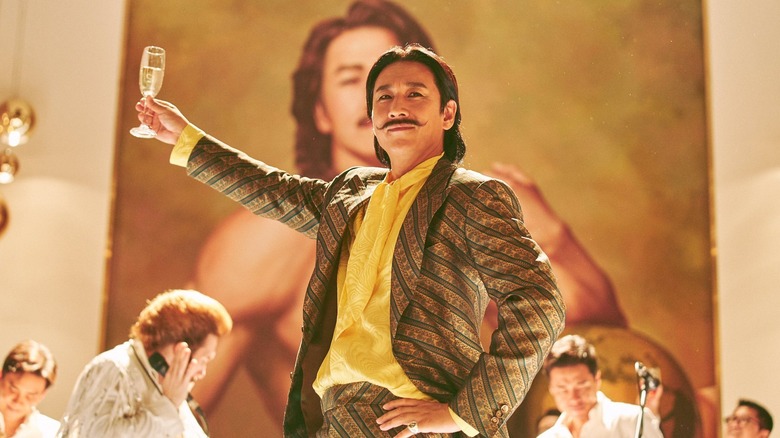
I learned that all North Koreans are either brain washed poor people spies who need our help interrogation and sympathy torture, or super human one-man army combat machines. I also learned that no Korean sentence is complete without including (at least) one of: Aigoo / Aish(i🤬) / Gae-sae-kki. And I have learned that South Korean geography is Seoul, Busan, Incheon, Jeju Island, and the DMZ. Nobody lives or goes anywhere else. I have learned that Fusan is Pusan is Busan, because who cares which letter you use to start your city name with. I have learned that dictatorships and military coups are bad for films and other forms of creative expression, and that Koreans appear to have little interest in Sci-Fi and musicals. They do like spies, gangsters, and corrupt government officials. And zombies and sleazy men. Ingredients for an interesting Venn diagram. They also like to milk your tears. Every. Last. Drop.
One final disclaimer of sorts. I decided to include all Korean films I have ever seen in this post the way I see fit. At this point that’s only a handful more than what I have seen this year. I included them because it felt bad having to leave out so many of the most well known classics. Everything Korean that I have watched in 2023 can be found on this list, which I ordered by how much I liked the film. They are all ranked on my Flickchart as well, which includes all other films I have ever seen as well.
Three Eras (or four)
Did I learn anything useful at all? Well, maybe. I probably just made this up in my head as I was watching movies and learning a bit about Korean history. To me it feels like a simplified version of Korean cinema can be made by splitting it into three eras. Well, four I suppose, but for the longest time I did not know where to watch movies that were made during the Japanese occupation and the WW2 period. I did manage to sneak a few in towards the end of the year, but not enough to base an opinion on. That means that for the purpose of this post the first era begins after the end of the Korean war in 1953, and ends somewhere in the mid to late 60s. It’s a bit of of a slow transition really, but let’s just pick a year and say 1966. During this first era quite a few films are being made, and some pretty good ones too. The Housemaid / Hanyo from 1960 is the absolute standout. If you want to watch anything from this era, be sure not to miss it. Unfortunately this era did not last very long.
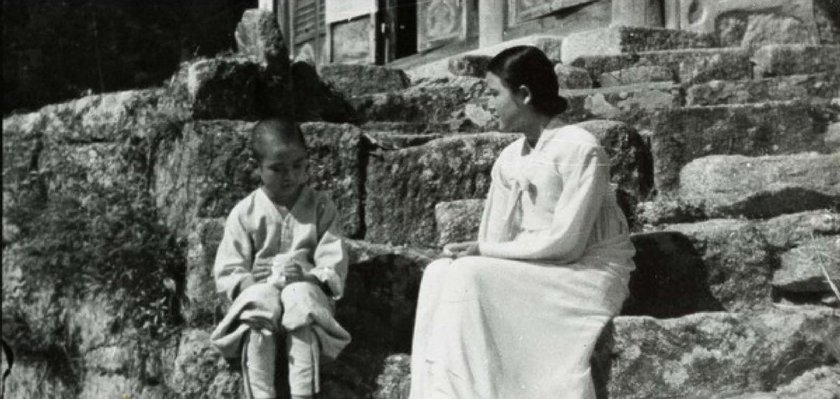
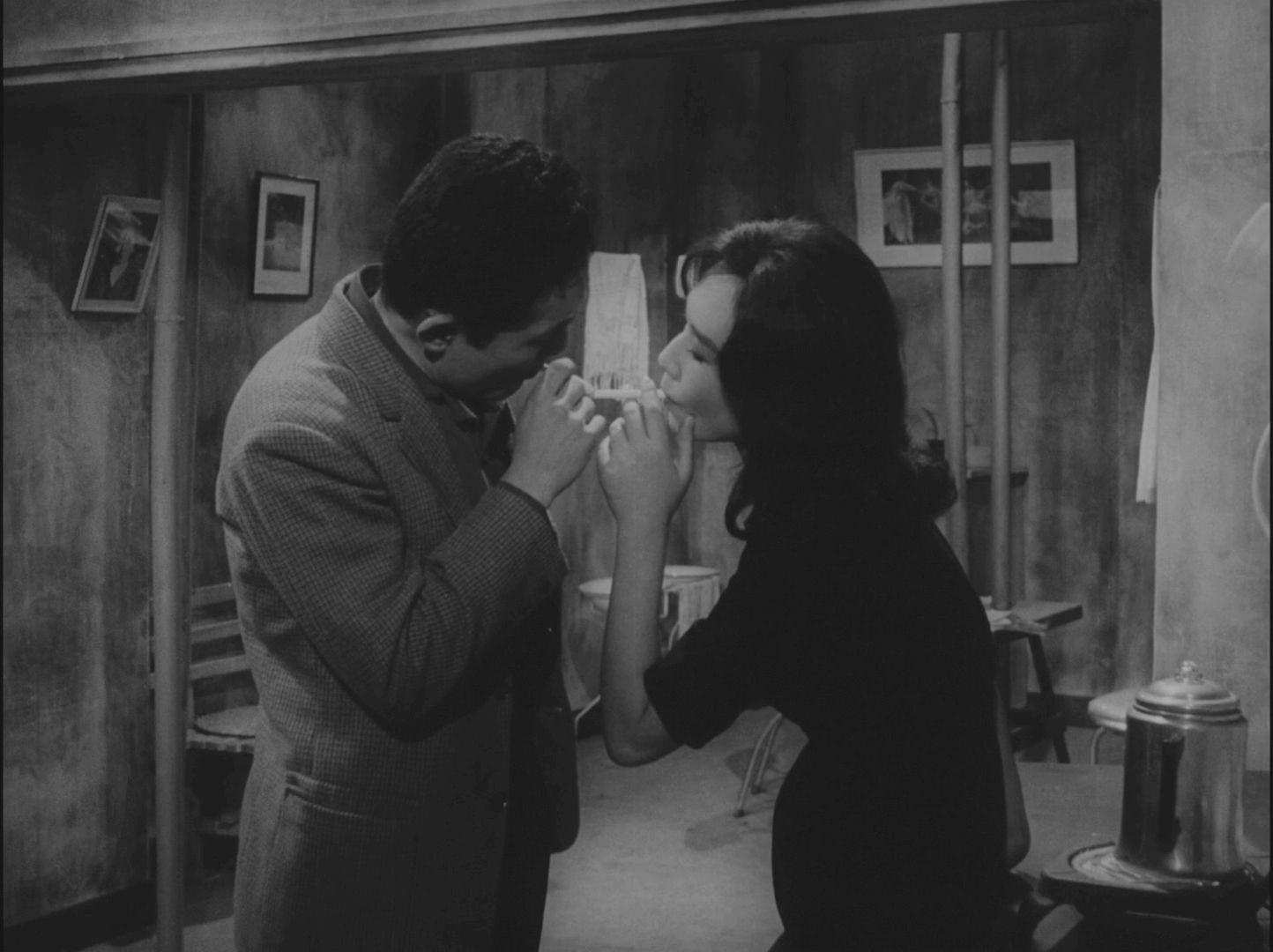
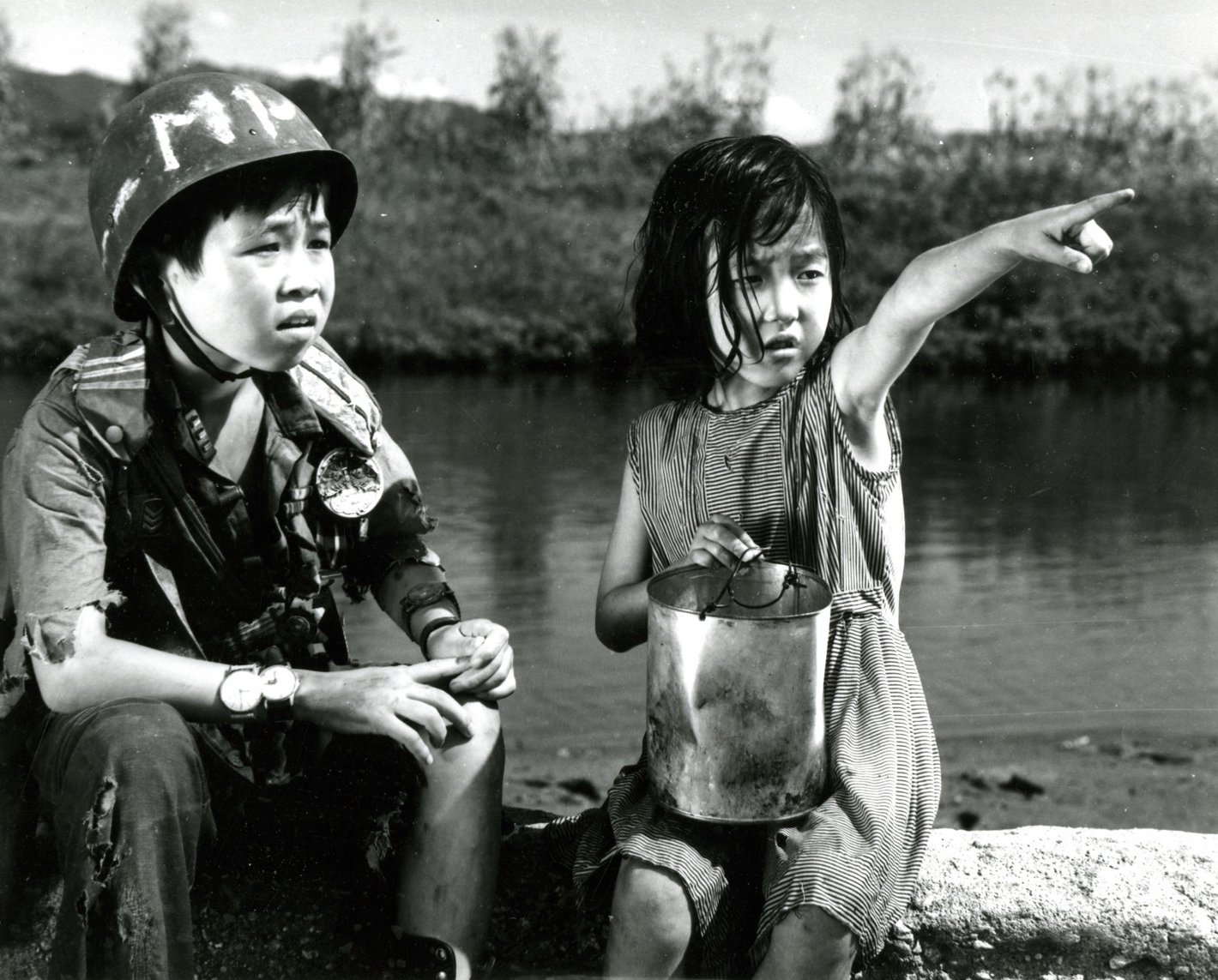
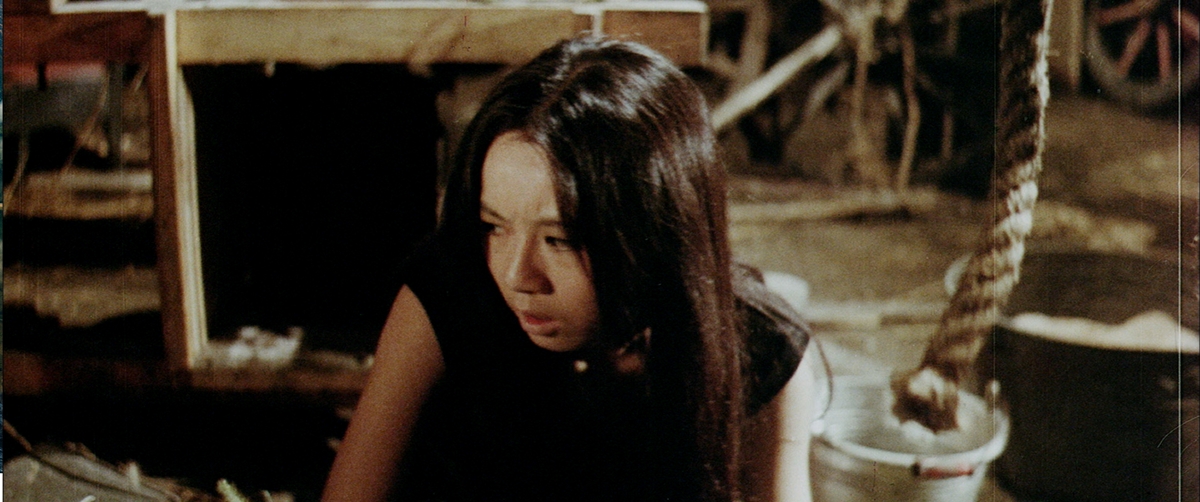
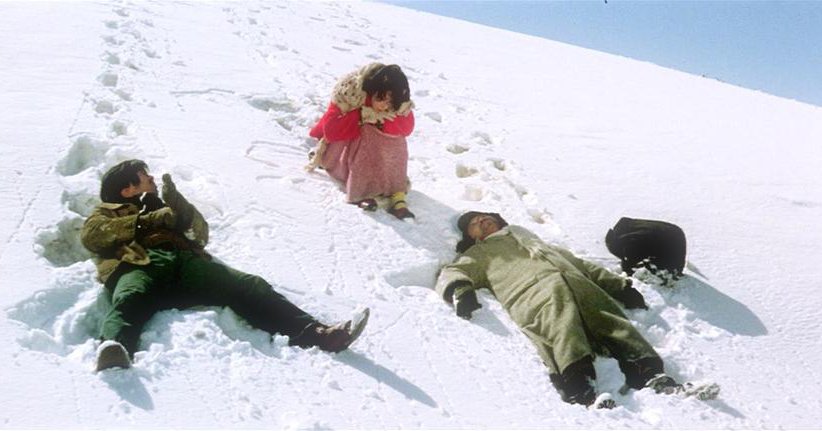
Blame politics, power struggles, coups, assassinations, censorship, etc. The second era is a long period of artistic draught that did not produce a whole lot worth watching, nor a whole lot at all for that matter. Unless you count Hyundai, Samsung, LG, etc. – I meant movies of course. Finally, in the early 90s more and more films got made as the country was slowly democratizing itself and censorship bans were being lifted. But it wasn’t until the government board for film censorship was ruled unconstitutional in 1995 that things really took off. The 1997 presidential elections ushered in a new era, politically, but also cinematically. Out came a tsunami of new movies. To me it does feel as if the largest waves have hit the shores, but with the recent international success of films such as The Handmaiden, Burning, and of course the Oscar winning Parasite you can’t say the waters have fully calmed.
What I will say is that in a short period of time the Korean film industry has been heavily commercialized. When a film starts it feels as though you are watching Hollywood Studio Era films. Everything is by CJ, Lotte, Showbox, or It’s New. Each with their recognisable little logo and jingle. By now they have all found their groove and are mass producing new films, but I fear it won’t be long until this will come at the expense of any and all forms of creativity. Copying Hollywood isn’t all that it’s made out to be… Films such as Killing Romance (2023) give me some hope even if its IMDb rating does not, but the days of wacky and risky Kim Ki-duk or Song Il-gon movies do seem like a thing of the past.
Note: As I started writing this post during the summer months, I was not aware of the fact that the KOFA, the Korean Film Archive, has a YouTube channel where you can watch over 100 classic Korean movies. Many are in 4K and even have English subtitles. What a treasure trove! Thank you so much for making these films available to people far beyond the Korean border. This should be as good a place as any to plug the Top 100 Korean Films list they created back in 2013. It is heavily skewed to older films though. For a more modern era focussed list, try this one from 2021. Through the Japanese occupation, World War 2, the Korean War, dictatorships, censorships, and finally just the sheer number of years, many old films are lost. The oldest available film is from 1934, called Turning Point of the Youngsters. It is a silent film that currently has no title cards, translations, or a music score. That makes it quite difficult to follow, but it has its moments. On top of that, the Korean Film Council, abbreviated as .. well .. never mind, has a lot of high quality images and info on these old films, so check them out as well.
Learning about history through film
There’s a lot of fun to be had with all the thrillers, action movies, and romantic dramas & romcoms, but if you’re looking to learn a thing or two about 20th century Korean history, look no further. I’ve got you covered. Korean film feels firmly rooted in reality no matter what you watch. There is rarely any room for fantasy, sci-fi, musical, adventure, or dreaming about things that could be. Prepare yourself for a lot of terrible people, be it criminals, corrupt politicians and cops, drunk gambling fathers, human traffickers, men excessively yelling at women (and worse), and so on and so forth. It’s an interesting dichotomy. For every film critiquing or mocking these subjects there’s another that embraces it and wallows in all the aggression and violence. Anyway, this section is not where all the happy romantic comedies and feelgood movies are. Prepare yourself for some bleak, depressing, heartbreaking stuff. I said Korea loves your tears. This is where they get them.
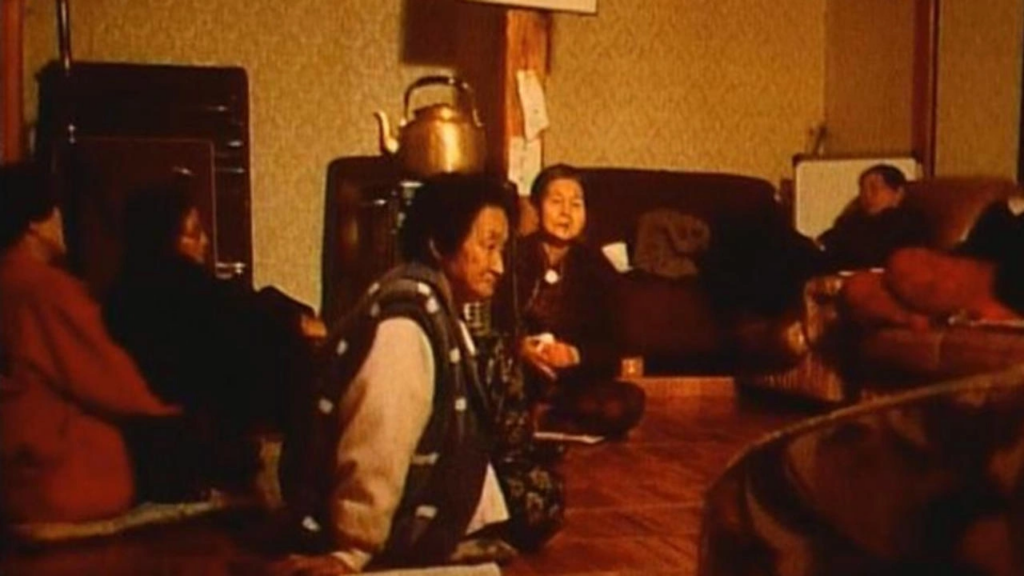
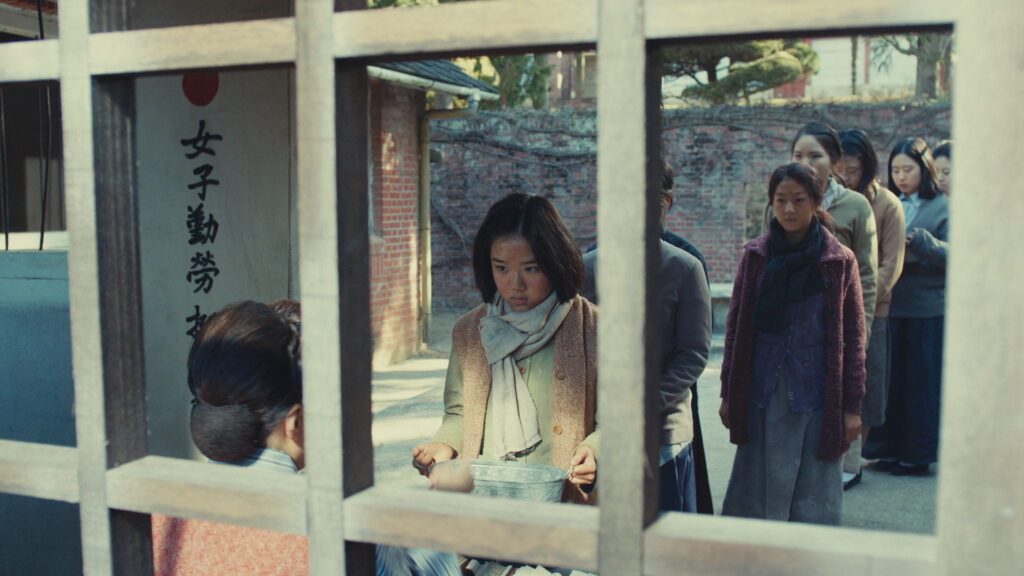
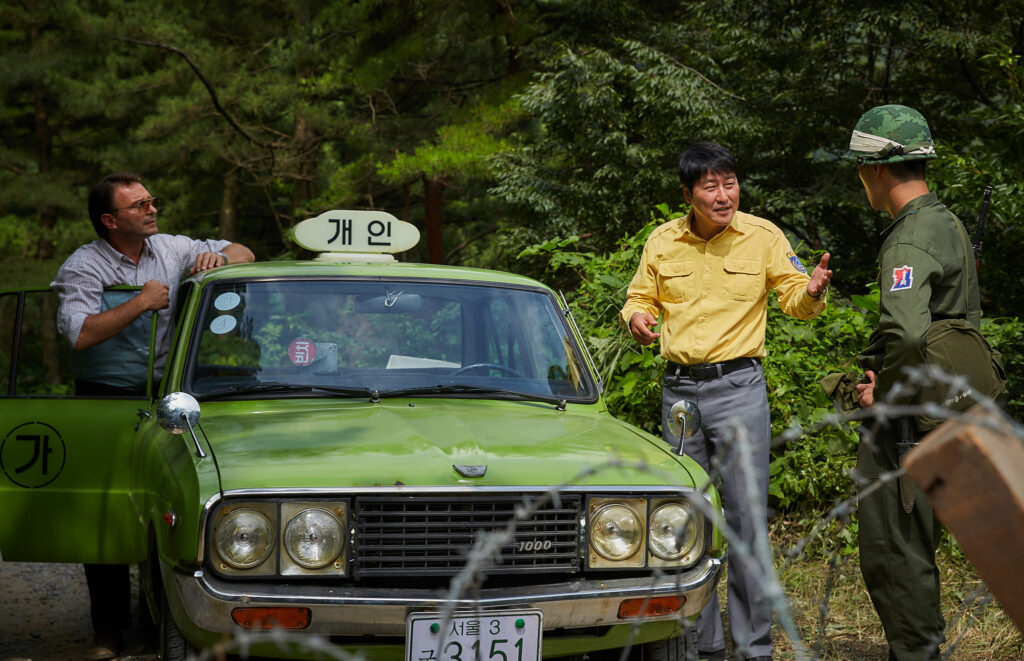
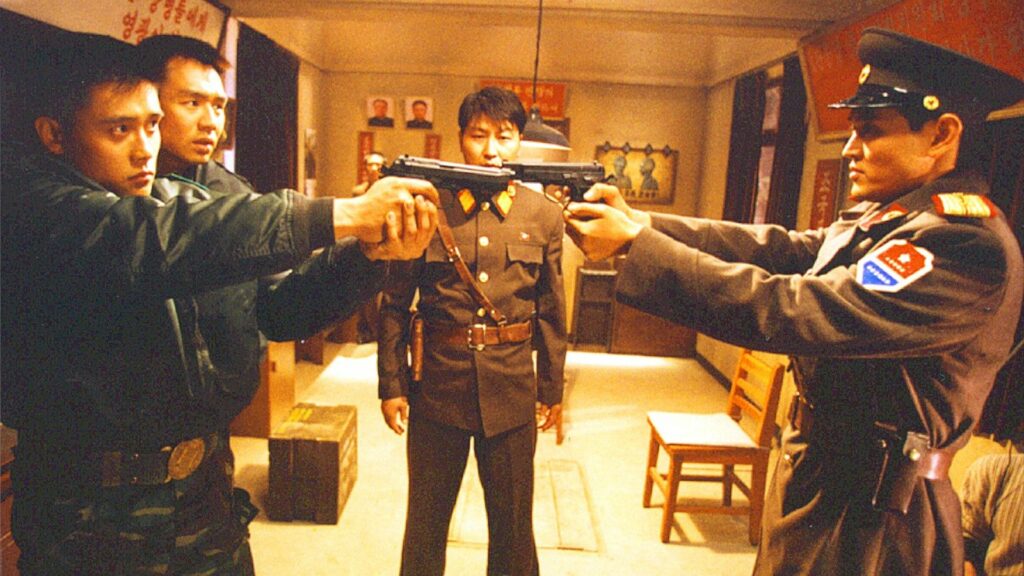

Comfort women
A topic I believe still left unresolved by the Japanese government. During WW2, the Japanese military kidnapped thousands of women and often underage girls from all over east Asia. What they did to them is unfathomable. Luckily, many decades later, some brave women spoke up and things were made public. It became the subject of a three-film documentary series, starting in 1995, and several other films.
The Gwangju massacre
In 1950, US soldiers massacred refugees in Korea during the Korean war. A brutal retelling of that story can be seen in A Little Pond (2009). In 1980 the Korean government ordered soldiers to open fire on protesting students in the city of Gwangju, killing an estimated 1000-2000 civilians. Student protests were a big thing in the 1980s, and they can be seen in 1987 (2017) as well.
- (kind of) A Petal (1996)
- May 18 (2007)
- (also kind of) 26 Years (2012)
- A Taxi Driver (2017)
The DMZ / reunification
To be honest, a LOT of movies are about North Korean refugees and / or spies. These are a few that I find show the border situation the best. There are so many movies about spies and crazy plots, but they take place elsewhere. Examples of that type of film include The Berlin File (2013), Ashfall (2019), and Confidential Assignment (2019).
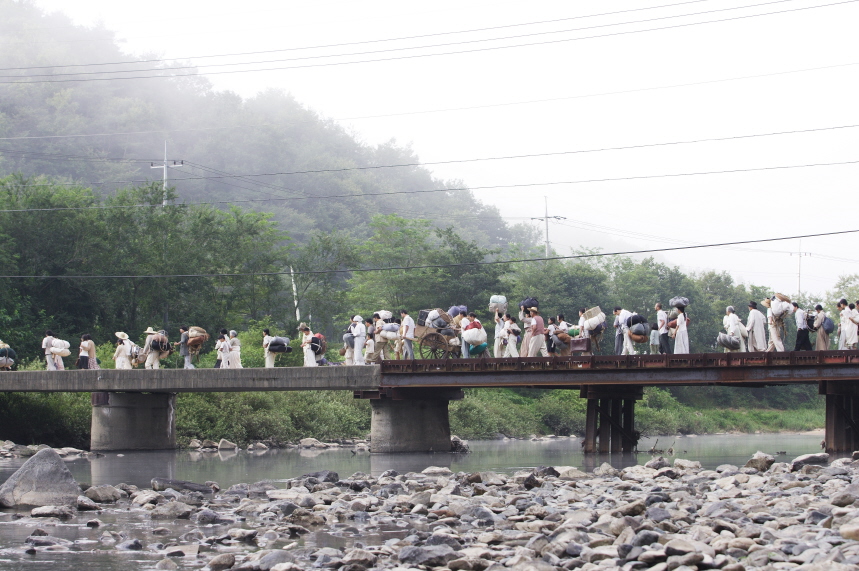
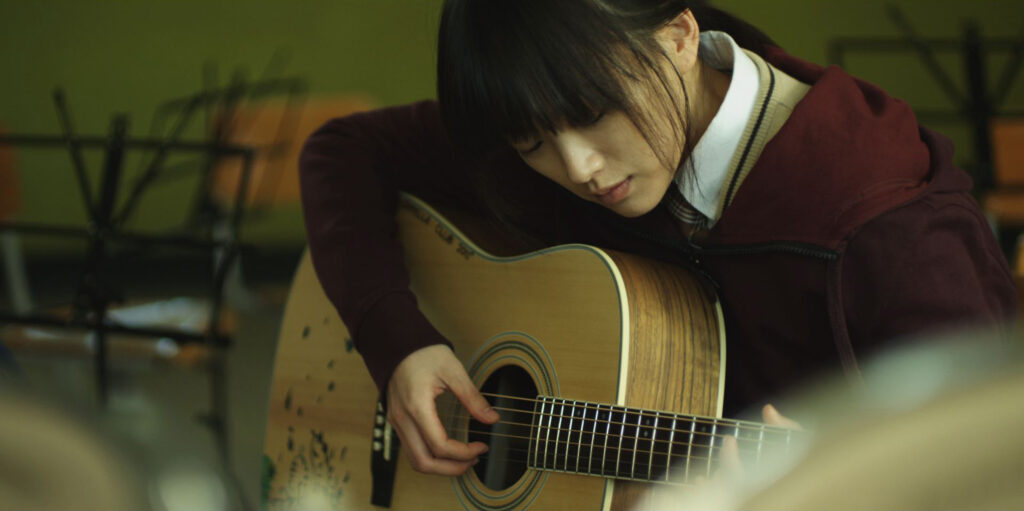
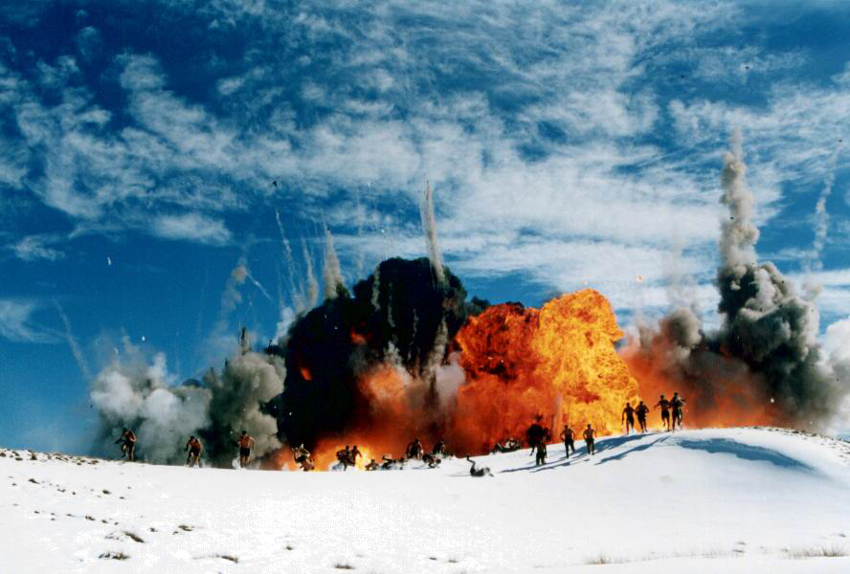
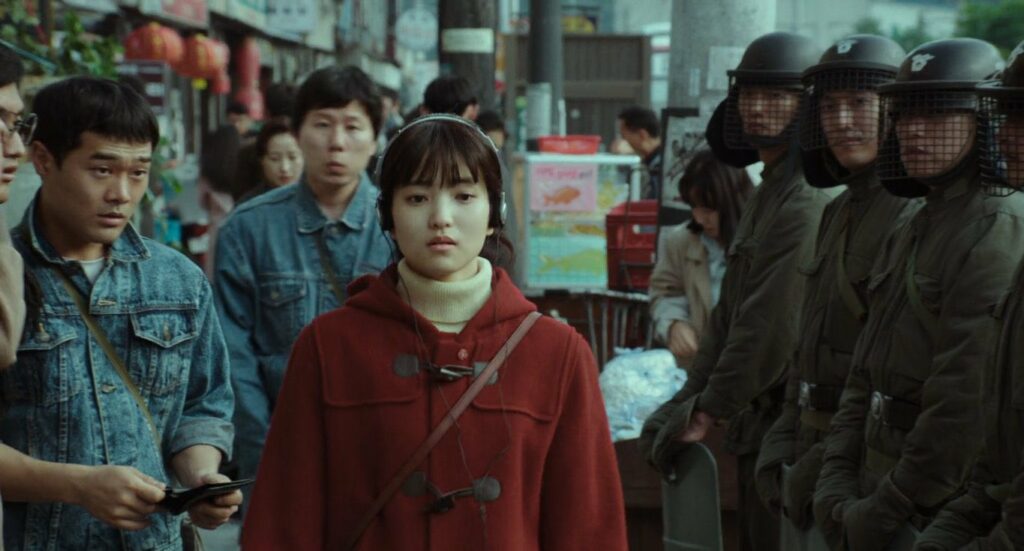
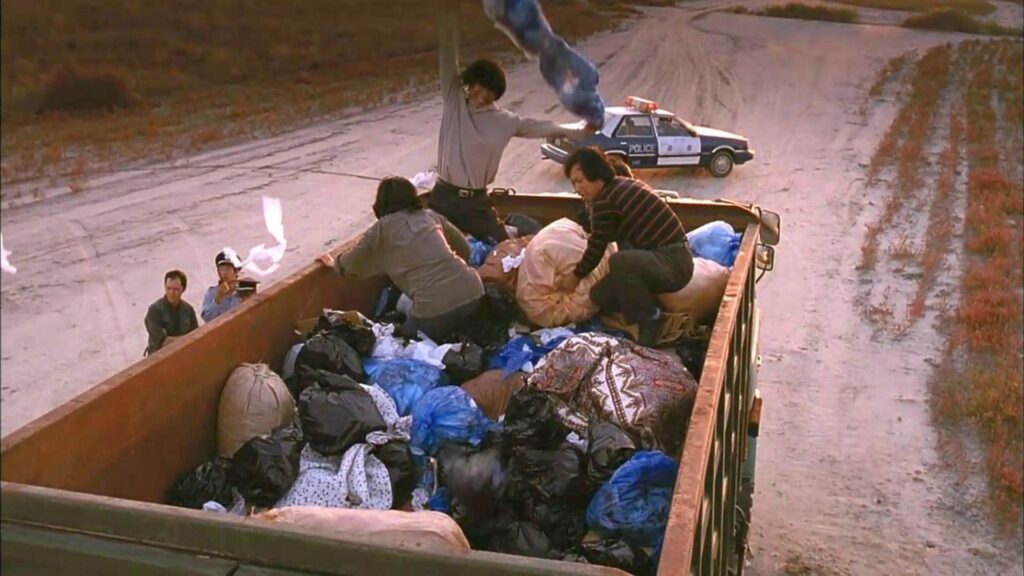
More than enough crazy stuff happens when your country has gone through nearly a century of occupations, wars, dictatorships, coups, corruption scandals, and many other unspeakable things. One really doesn’t have to resort to fantasy and what-ifs when you have had all these things happen for real. Unlike the three events mentioned earlier, most only resulted in a single film. But these are all very good and worth looking for:
- The President’s Last Bang (2005) and The Man Standing Next (2020) and coming soon Seoul Spring (2023)
- A Little Pond (2009)
- Han Gong-ju (2013)
- So-won (2013)
- Children… (2011)
- Way Back Home (2013)
- 1987: When the day comes (2017)
- Silmido (2003)
- Silenced (2011)
One final thing that keeps coming back are period films set during the Joseon era. This is a 500-year window roughly between 1400 and 1900. More often than not it only serves as a backdrop for any kind of film, be it palace intrigue, thriller, romance, or even a bit of science fiction and fantasy. Learning about actual people who lived and did a thing during that era is not easy, but a few films at least are based on actual events or people. They include:
- The Admiral: Roaring Currents (2014)
- The Last Princess (2016)
- The Fortress (2017)
- The Great Battle (2018)
Recommendations
So let’s begin with some of the best (but not necessarily my favourite) movies I have seen from each of my invented three eras. I imagine only the third list contains familiar titles for most readers. But that just means that there are more great films that are waiting to be seen, right? Admittedly I am not the biggest fan of Action and Horror movies, so unfortunately those might be a little underrepresented here. I did watch quite a few of them though, and South Korea may just be the GOAT of the Action Thriller genre, because most of them even kept grumpy me entertained. I have filtered my full list, and your action and horror recommendations can be found here (action) and here (horror). Anyway, here’s a bunch of objectively nope still subjectively great movies. I highlighted my personal favourite film from each list.
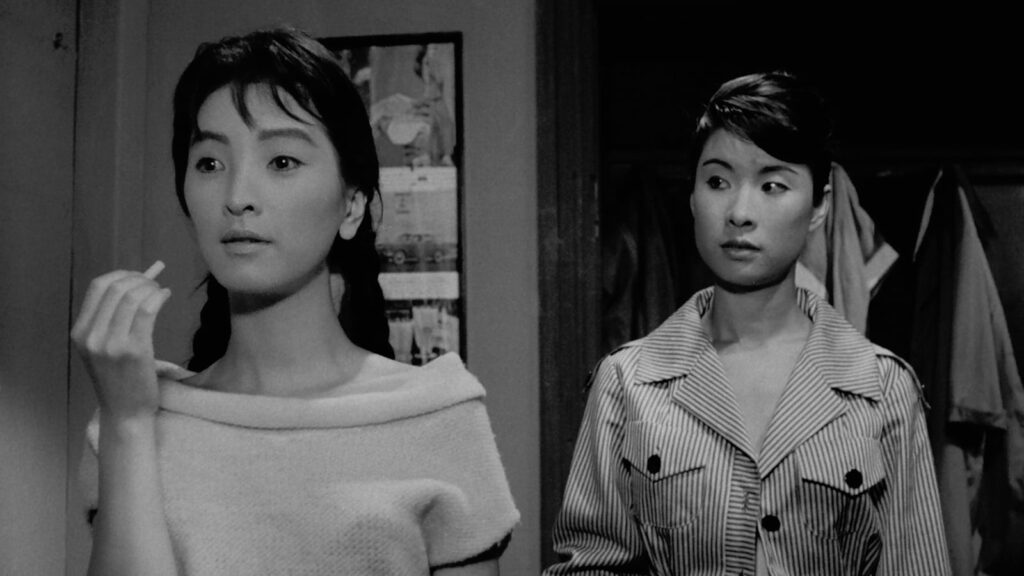
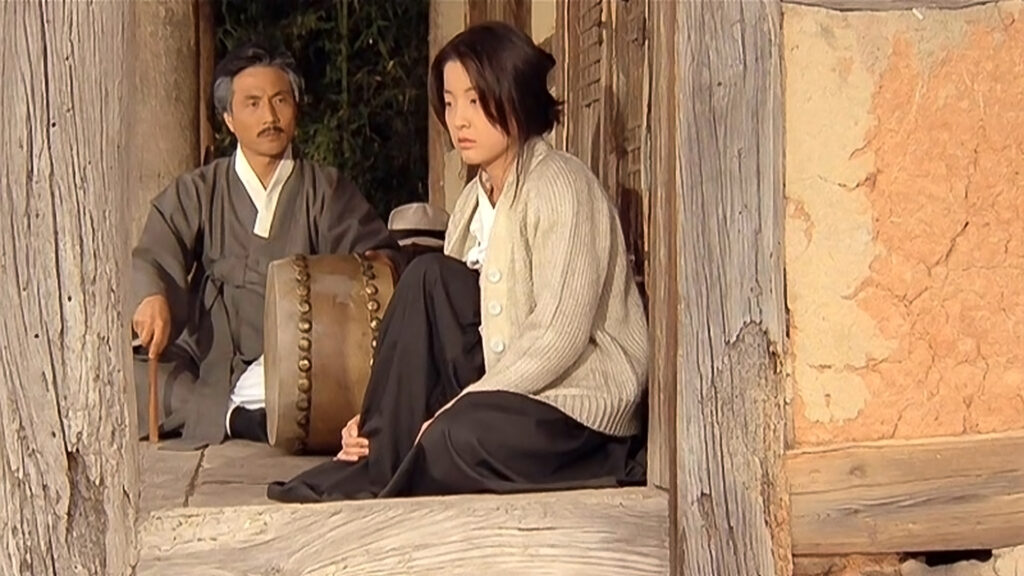

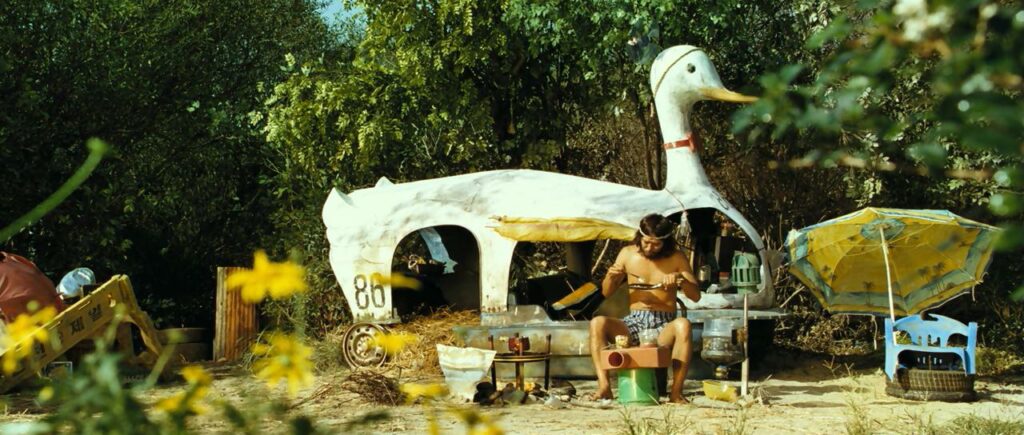
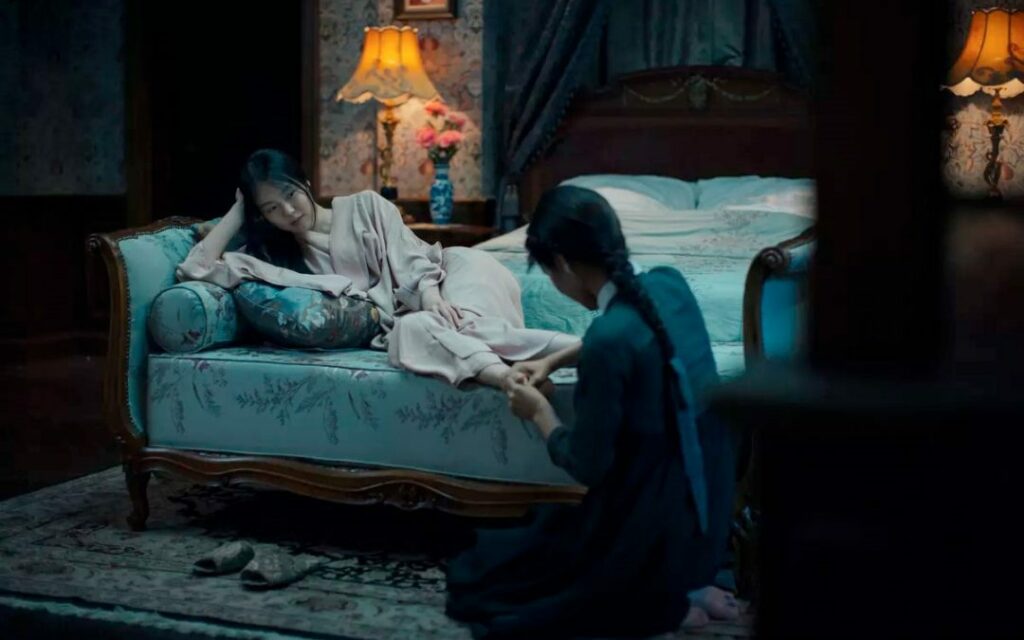
First era (~1966)
Second era (67-95)
Third era (96-now)
- My Sassy Girl (2001)
- Sympathy for Mr. Vengeance (2002)
- A Tale of Two Sisters (2003)
- Oldboy (2003)
- Memories of Murder (2003)
- Spring, Summer, Fall, Winter… and Spring (2003)
- A Moment to Remember (2004)
- Lady Vengeance (2005)
- Castaway on the Moon (2009)
- I Saw the Devil (2010)
- Silenced (2011)
- The Handmaiden (2016)
- Train to Busan (2016)
- Parasite (2019)
- Past Lives (2023)
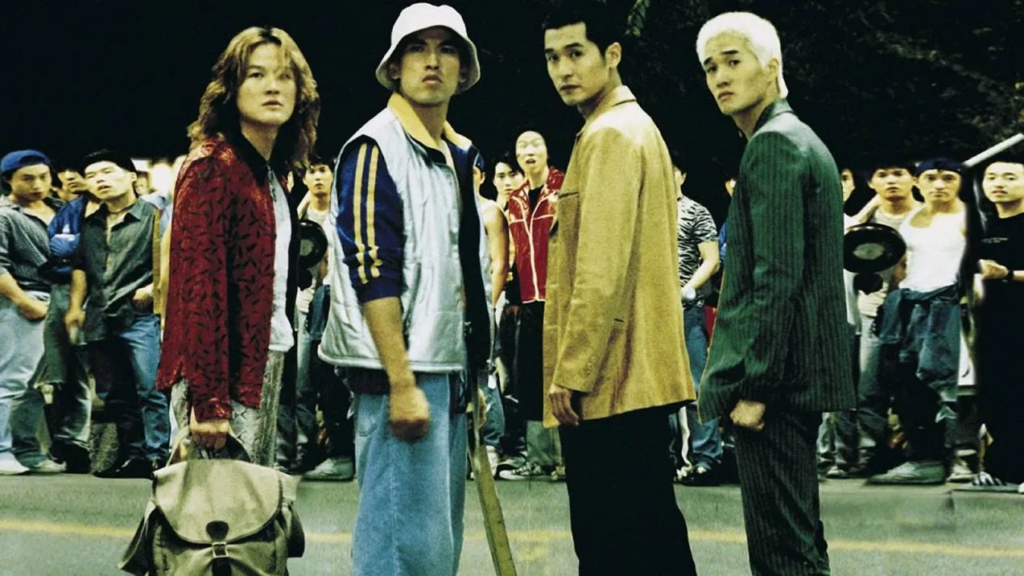
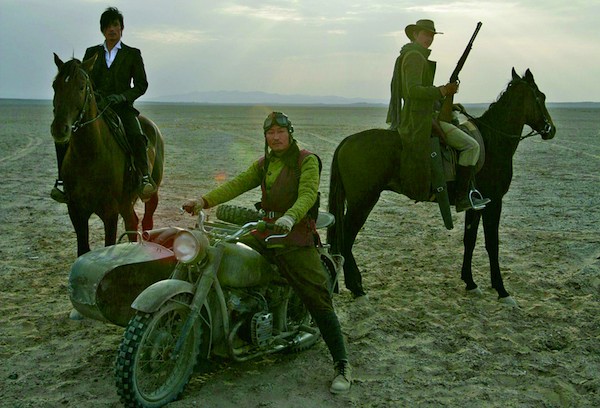
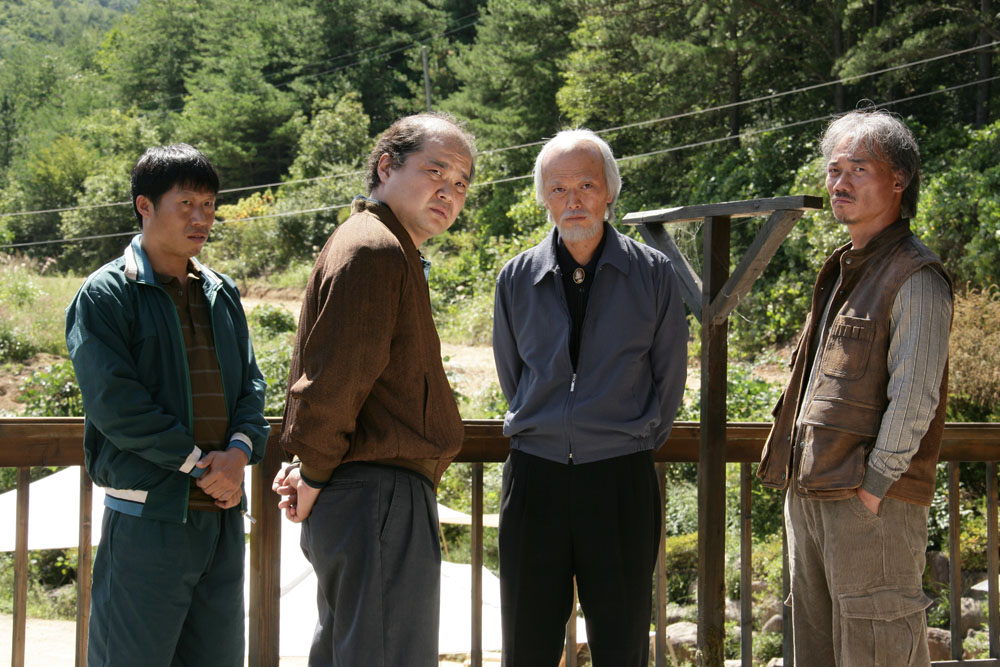
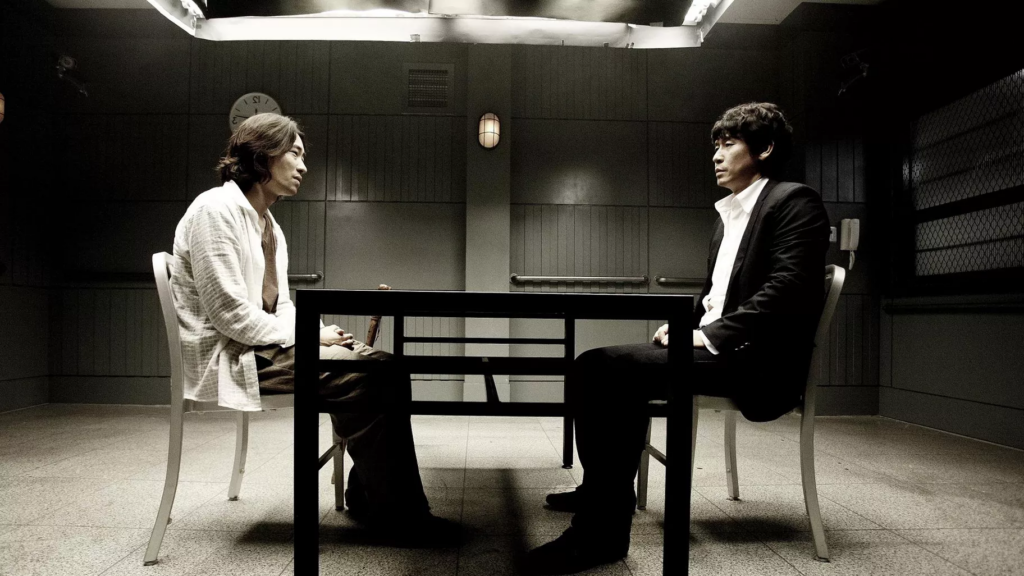
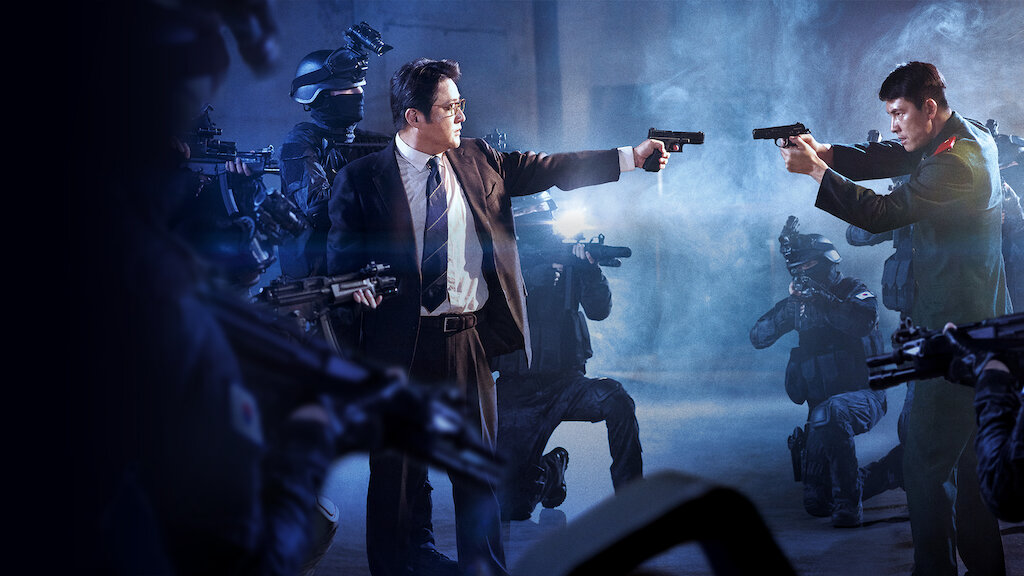
Okay, so that third period list is probably not very useful when you’ve already seen a few Korean movies. The following 3×10 films are some of my personal recommendations from that era. I divided it into three sections. You know, so you can decide how deep you want to dive. And because OCD dictates it’s just too pleasant too look at if it’s formatted in the same way as the list above. It has nothing to do with the fact that this way I get to recommend thirty films instead of only ten. I swear.
Lesser known
Obscure
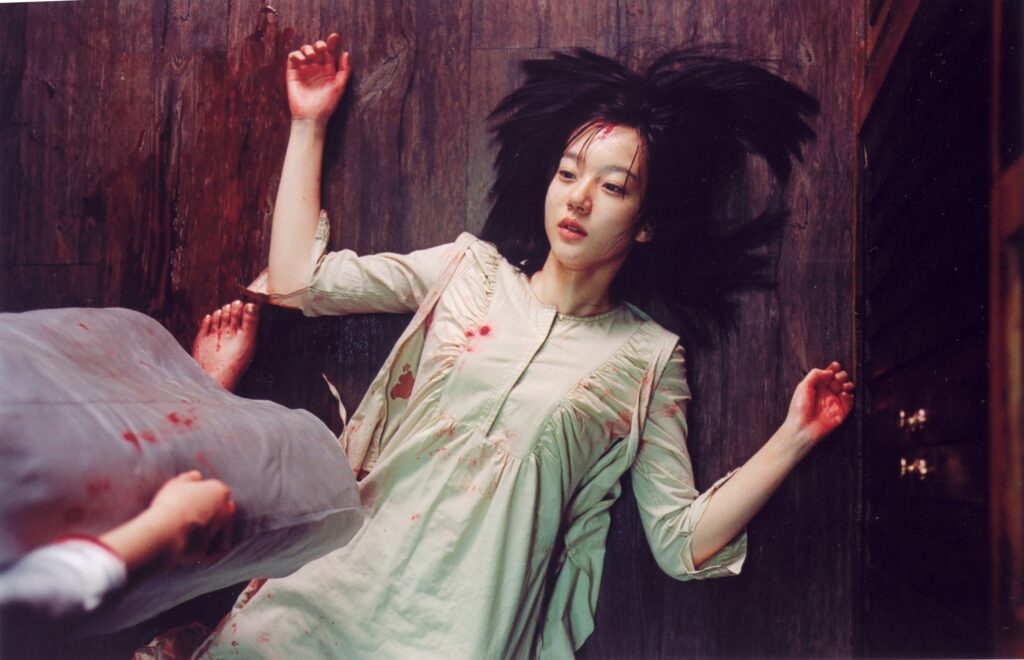
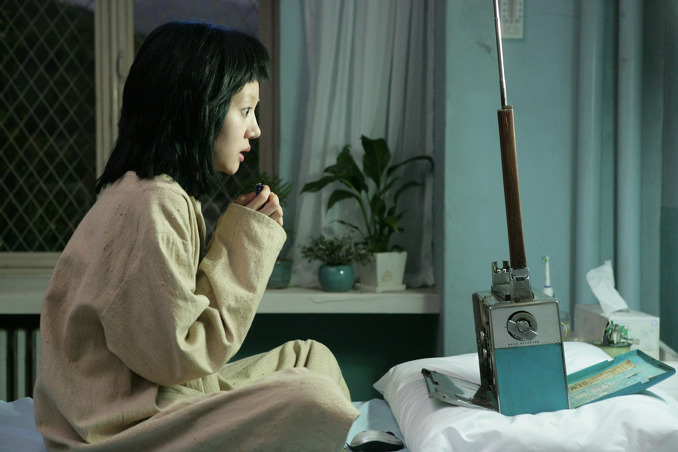
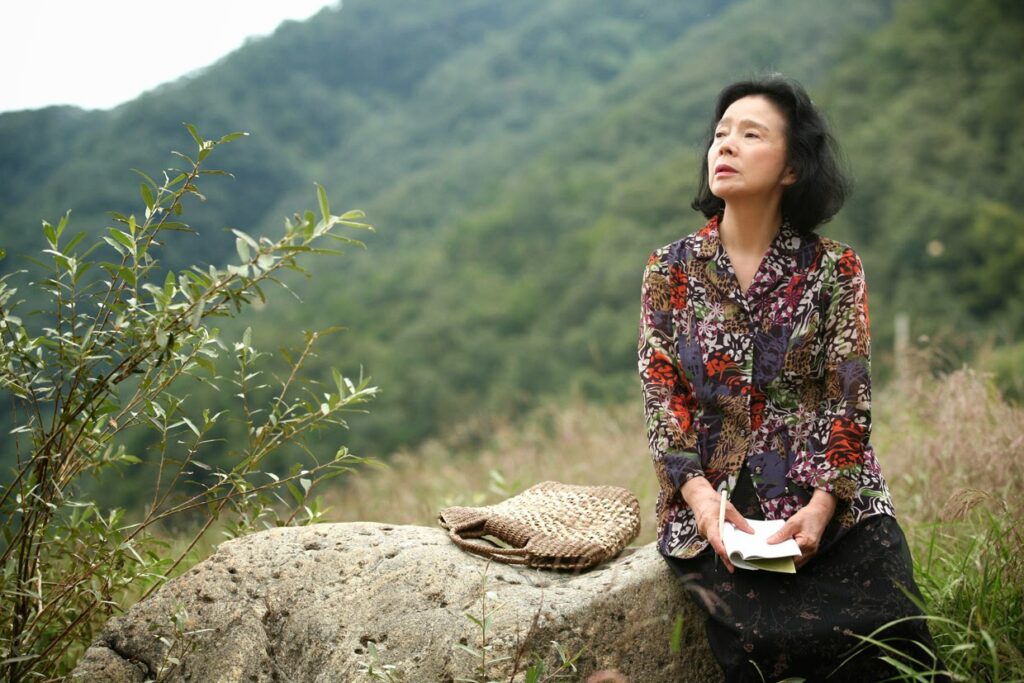
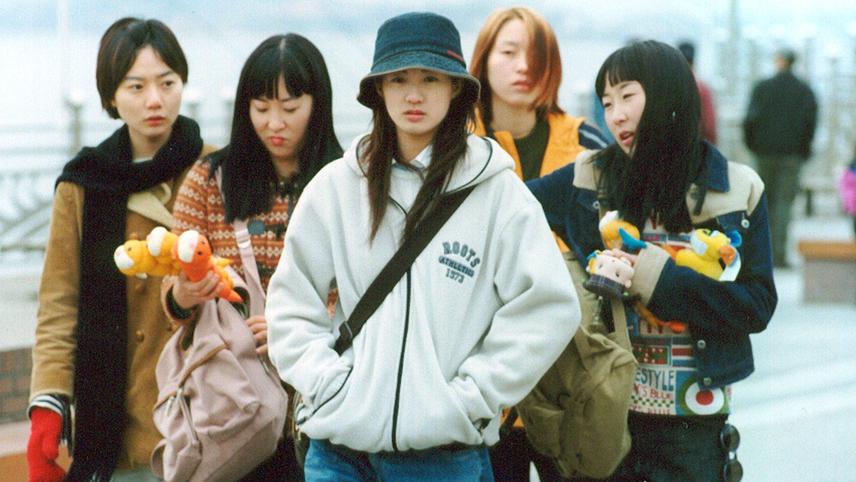
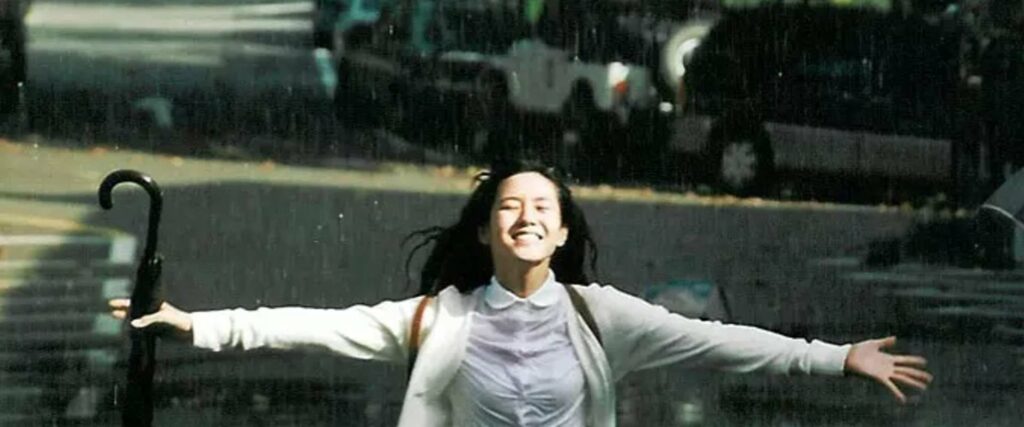
The actors
When you watch this many films from the same country and (mostly) the same era, you will start to recognise actors and actresses, even if you can’t read their names in the credits. Or if you can, but it takes a while for you realize that IMDb has recently started reversing the name order to match how it’s written in Hangeul. I ended up finding several actors who make me smile as they make their appearance, as well as a few who annoy the heck out of me. I always use Barbara Stanwyck as the golden standard of someone who just delivers, even if everything else in the film is absolute dogshit. I now also really enjoy watching Jung Yu-mi, whatever films she’s in. She blew me away as the titular character in Kim Ji-young: Born 1982 (2019). Other people who almost always seem to elevate a film for me are Ma Dong-seok, Yoo Hae-jin, and Na Moon-hee. If we can call that the S-tier, then these are definitely A-tier for me: Jang Young-nam, Son Ye-jin, Song Kang-ho, and Sung Dong-il. I think this is the first time since getting into classic Hollywood and Japanese Golden Age films about a decade ago that I started recognising this many actors in such a short time frame. My regular viewing habits just don’t allow me to see anyone more than a handful of times per year.
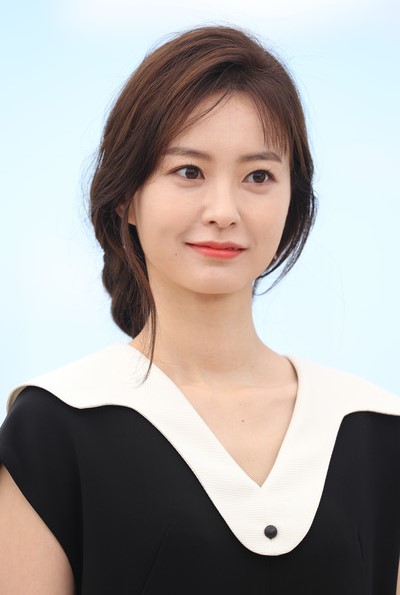

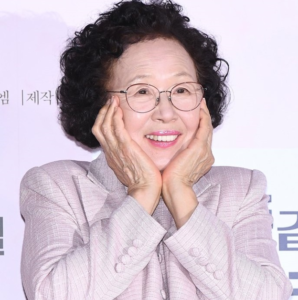
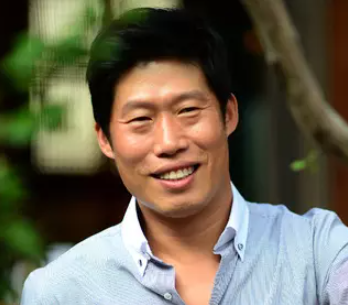
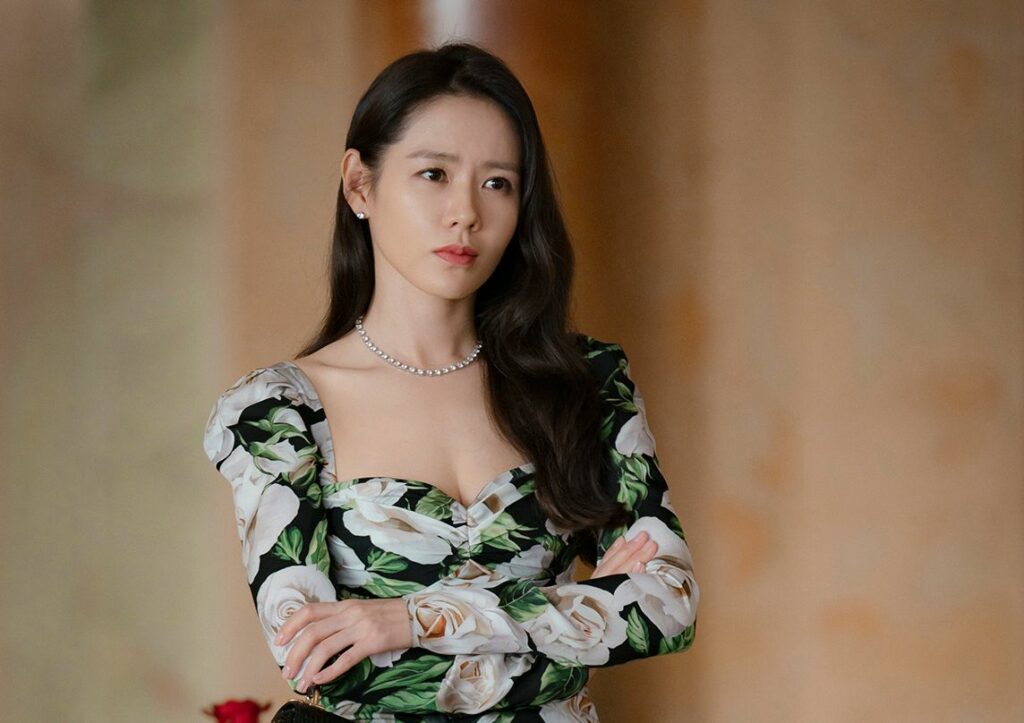
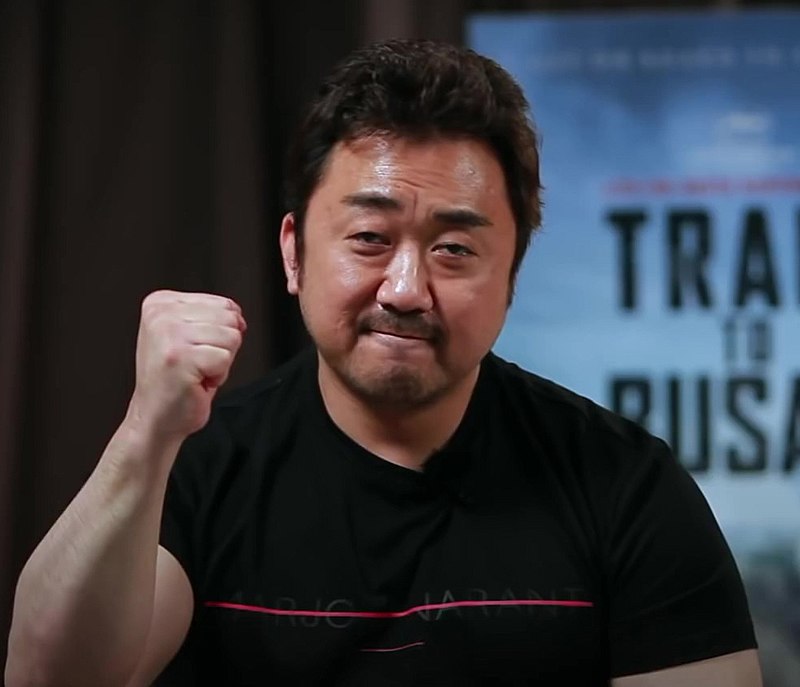

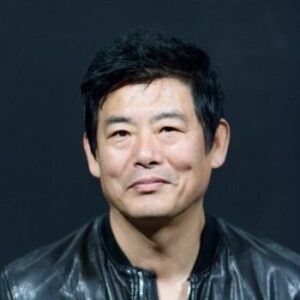
Another thing that I noticed as my top 20 most watched actors on Letterboxd developed during this project was the absence of women. It wasn’t too bad at first, but as numbers kept rising, more and more women dropped off the list. Was I watching the wrong movies? I mean, I watched over 300 almost exclusively from 2 decades, so.. surely not? So let’s be honest, we all know why. The films I was able to watch were often very male-dominated. I can’t say this for sure, but it feels that Korea has a far more patriarchal society than the western countries I am used to. It is especially evident within the action and crime/thriller genres. And those happen to be the most dominant genres over all. Actresses generally have a shorter shelf-life (how I hate using that phrase) than their male counterparts. It is no different on the other side of the planet. It sucks.
Directors: the men
There’s really not much for me to say here. I did not find a new favourite director, but that does not mean that there are not several directors to watch out for. Of course there are the internationally famous ones, such as Park Chan-wook and Bong Joon-ho. But there are so many others waiting to be discovered by a wider audience. From the shorter 90 minute creative and often shocking films of Kim Ki-duk to the old classics of Kim Ki-young, Im Kwon-taek, and Lee Man-hee. Or from the thrills provided by Kim Jee-woon and Na Hong-jin to the dramas of Lee Chang-dong. I absolutely forgot several others, and that just goes to show how well developed the South Korean film industry has become in such a short period of time. However, I do feel like this is where you can find another similarity between Classic Hollywood and contemporary Korean cinema. Directors don’t seem to matter as much as they do in the auteur-crazy Western world. It’s the writers and the actors doing most of the heavy lifting.
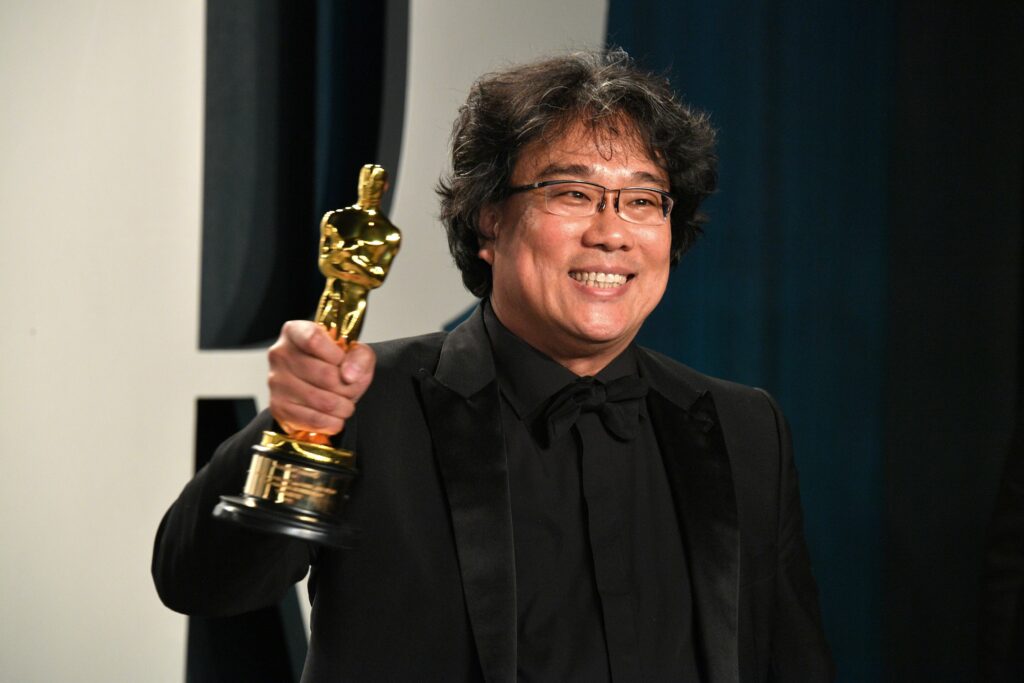
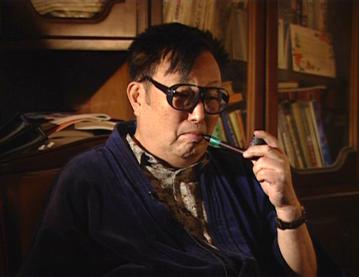
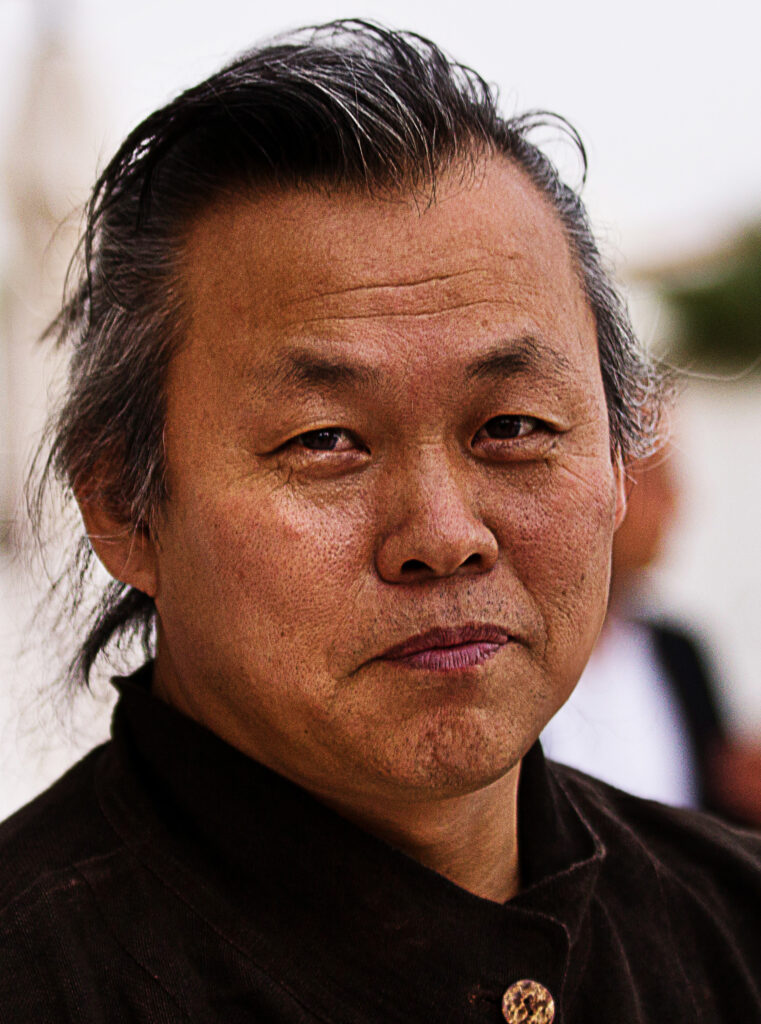
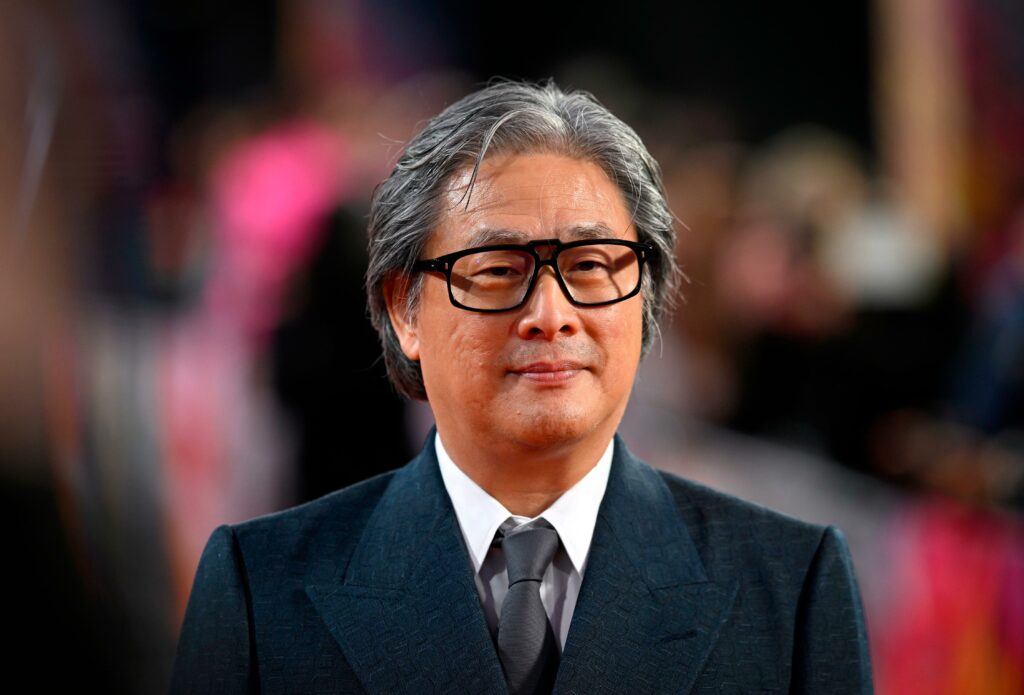
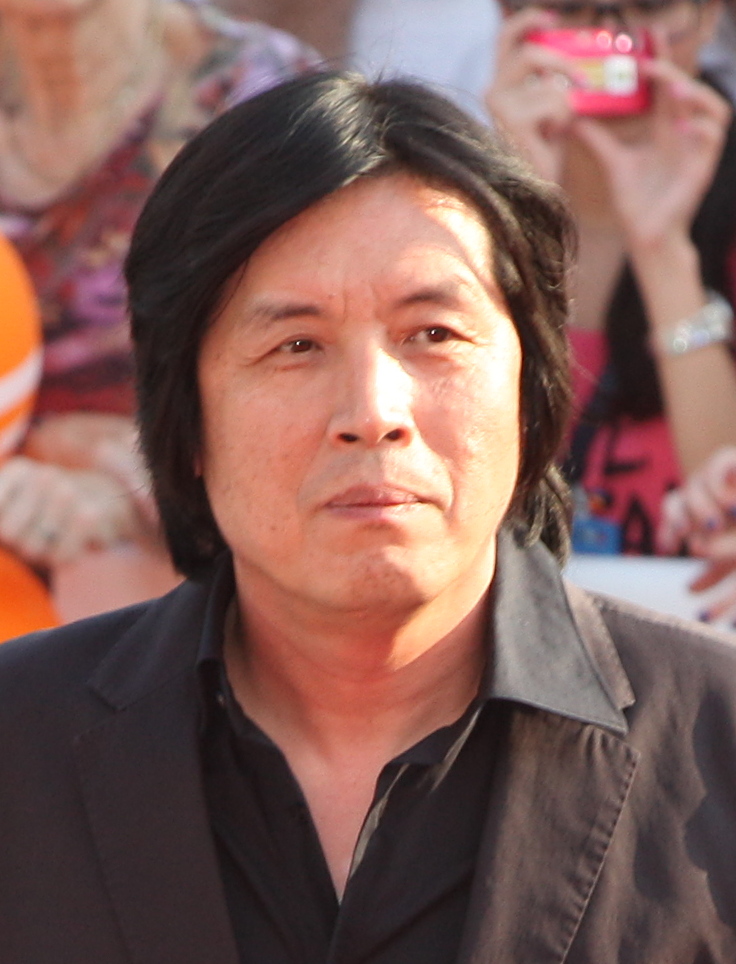

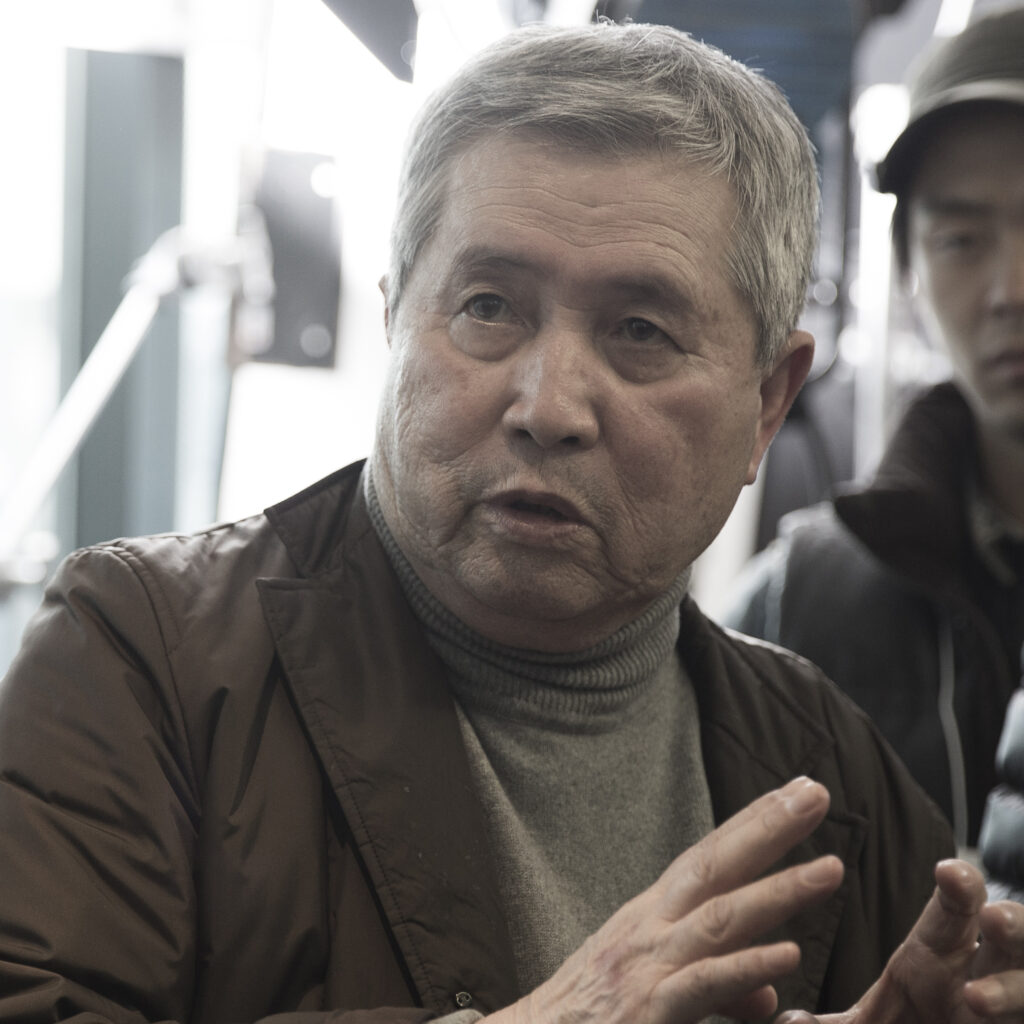
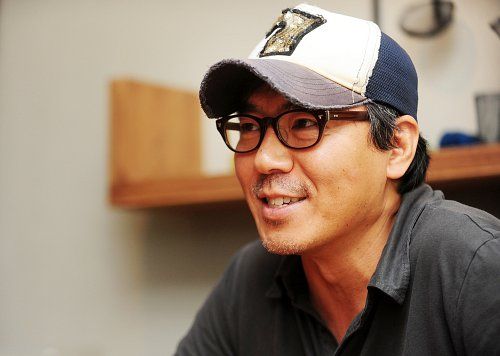
The only consistently negative experience I had, and not for lack of trying (I tried 10 times), was with Hong Sang-soo. We exist on two different wavelengths it seems. To me, he just makes the same stupid film over and over. Not like Bergman claims he did in his time (and besides, he didn’t), it’s actually true this time. Nearly every Hong Sang-soo film:
- Protagonist is one of three things: a film director, a poet or a writer, a student/teacher.
- Hey, the three things the director also is/was
- Protagonist is an unpleasant male.
- Always revolves around inappropriate relationships and affairs with very young women.
- Dialog delivery that rivals Tommy Wiseau’s in The Room.
Apply some Woody Allen level creepiness (and similar prolificness, if that is even a word), while practically begging the audience for validation of its protagonist’s actions. Done. And so am I.
Directors: the women
As I previously mentioned, the role of women in a lot of films leaves a lot to be desired. They are often mistreated, hurt, or outside of a few films, given minor or insignificant roles. It was quite a struggle to find more than a handful of films directed by women. Unfortunately, South Korea is still waiting for its own Agnès Varda. Ever since #52FilmsByWomen became a thing in 2016 I have tried (with mixed results) to complete this challenge, so I felt like giving it its own section. Perhaps it helps you to watch a more diverse Korean cinema while still working towards that magical number 52. It will be quite the challenge to reach 52 purely on Korean films, but this (filtered) list shows all Korean ones I managed to find and watch this year.
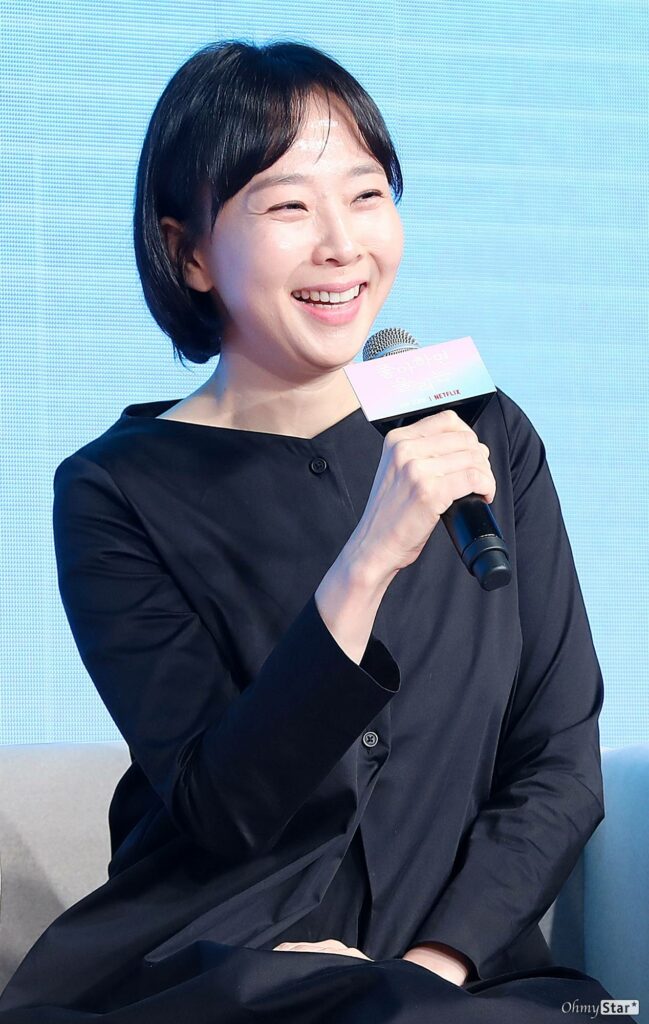
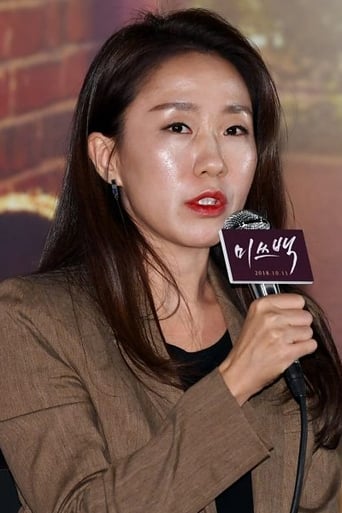
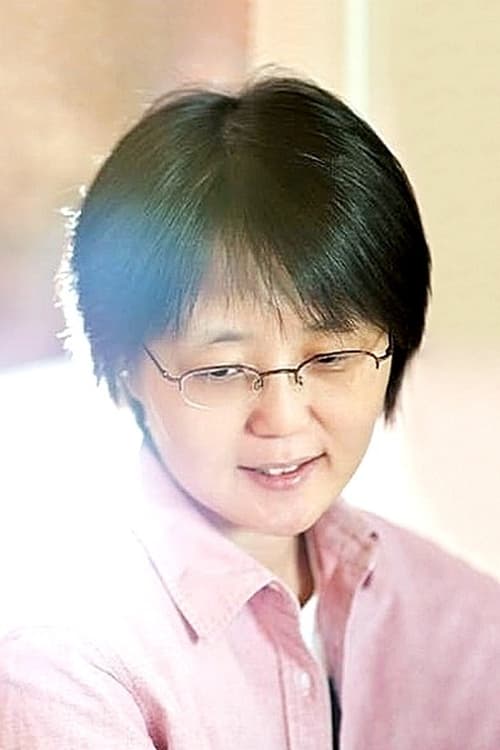
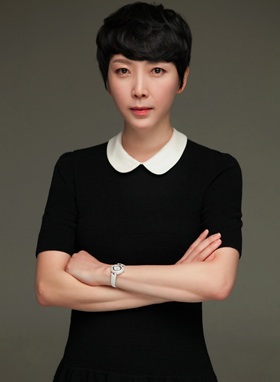
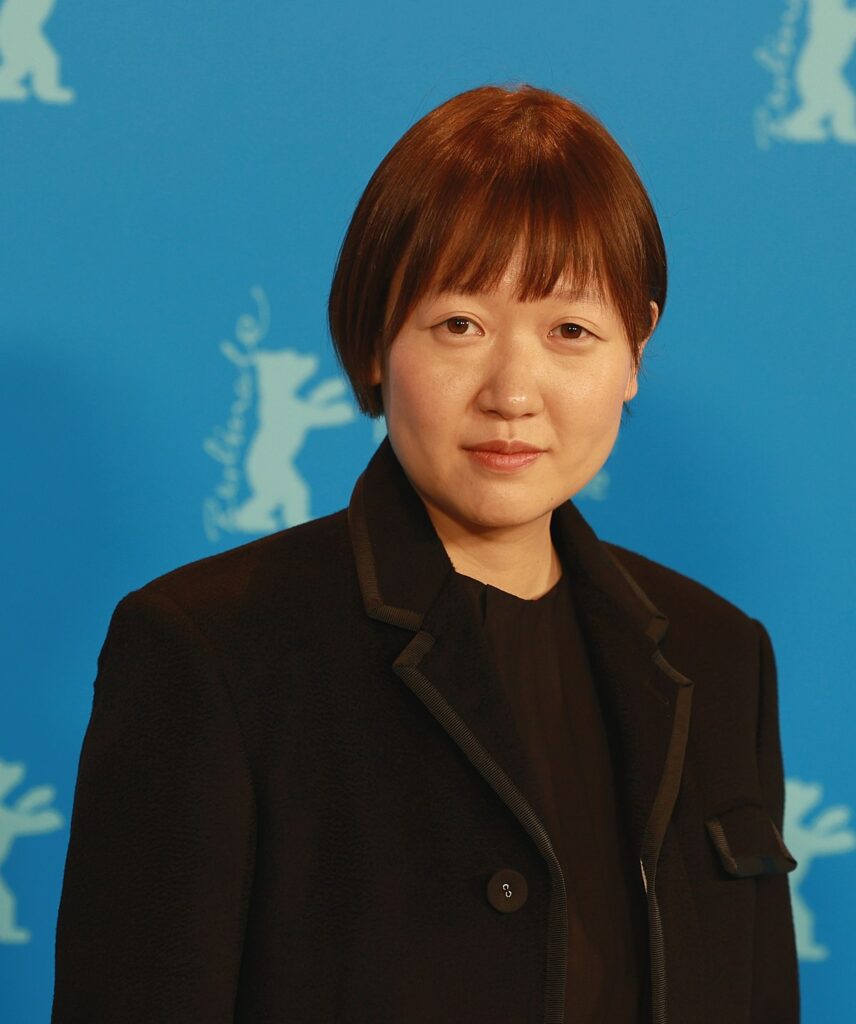
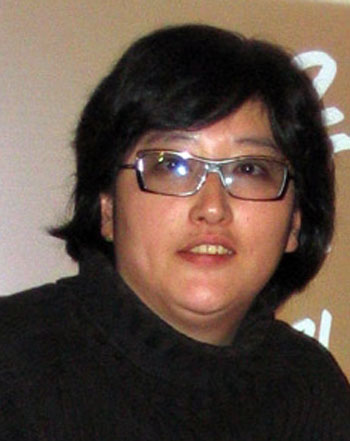
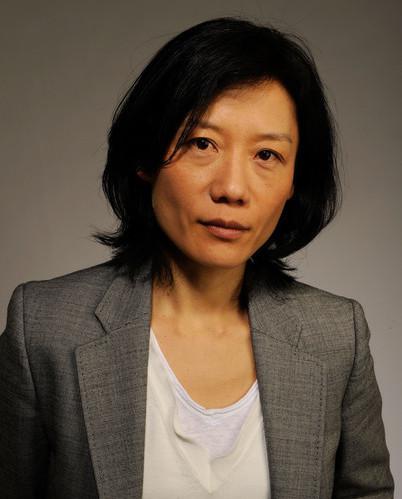
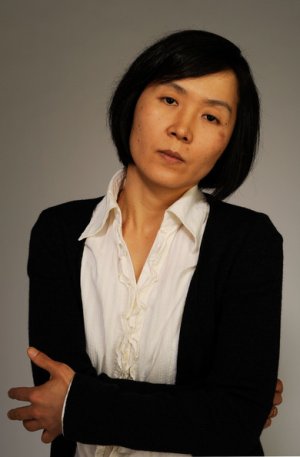
The Korean-American film Past Lives (2023) looks to be a potential Oscar nominee in 2024, and it is definitely a very good film. Because of film history and how the world works, most films are directed by men. It’s getting better bit by bit, but we’re not in a place where film directors are people, and not just “men unless”. I had a great time with almost all Korean female directed films this year, so I want to highlight the ones that I liked most. Because what struck me was that, while there were not very many films to watch, the average quality was quite high. I chose to include Aloners (2021) here also, even though I did not watch it in 2023.
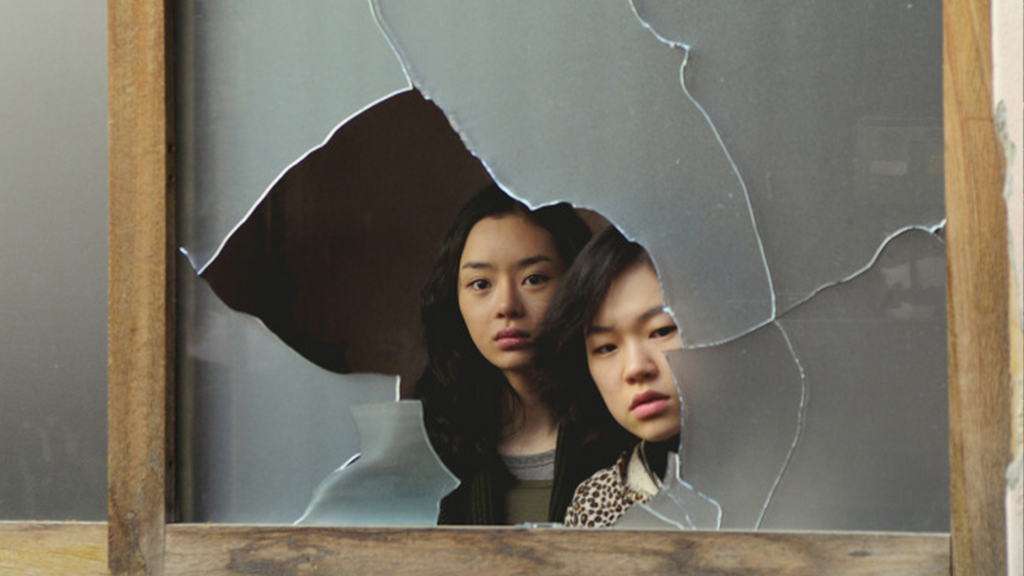
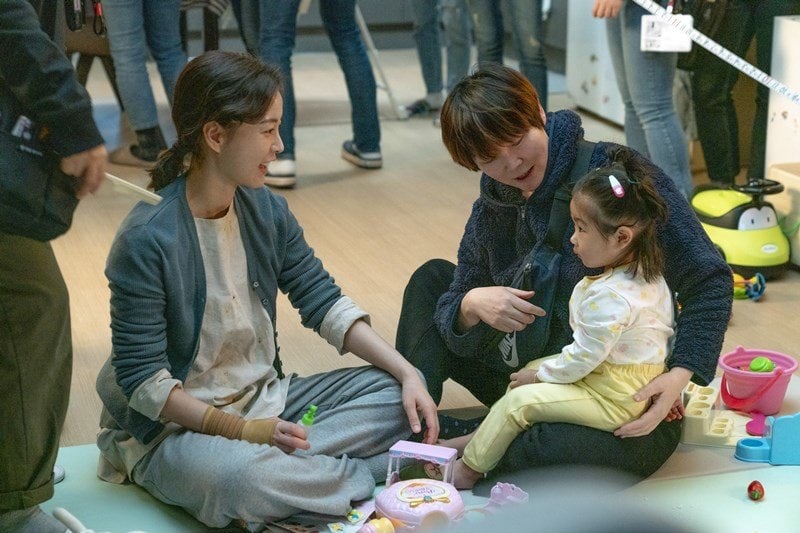
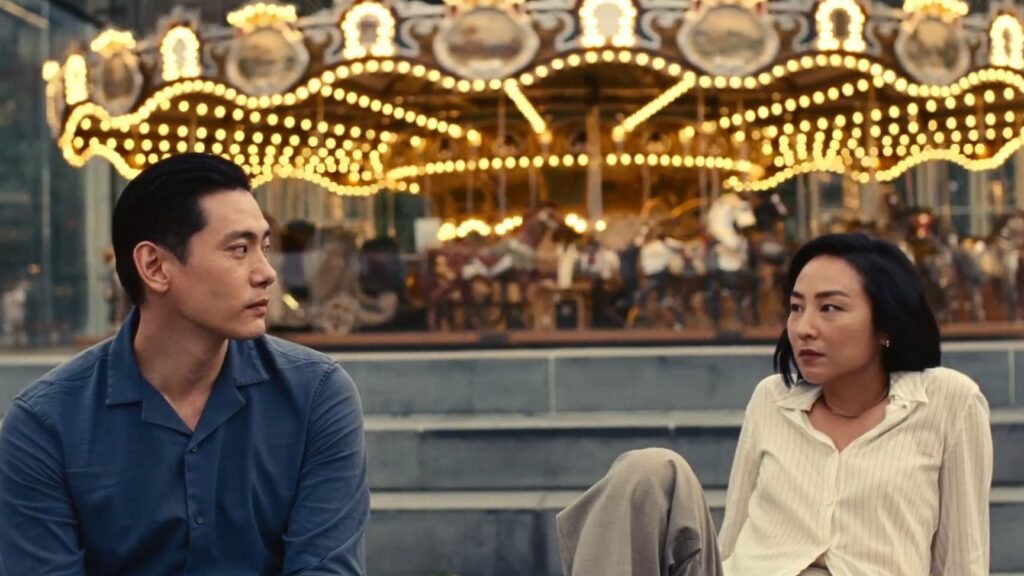

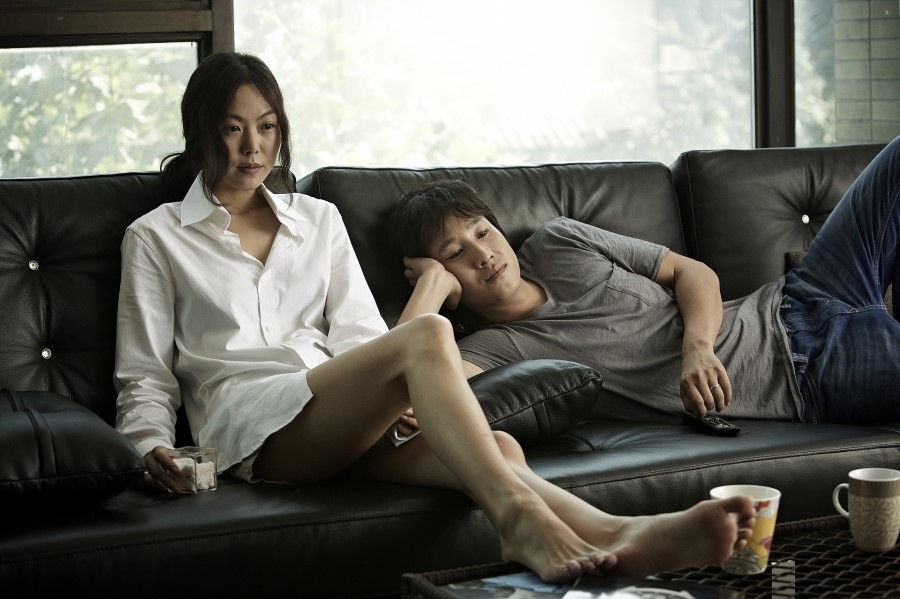

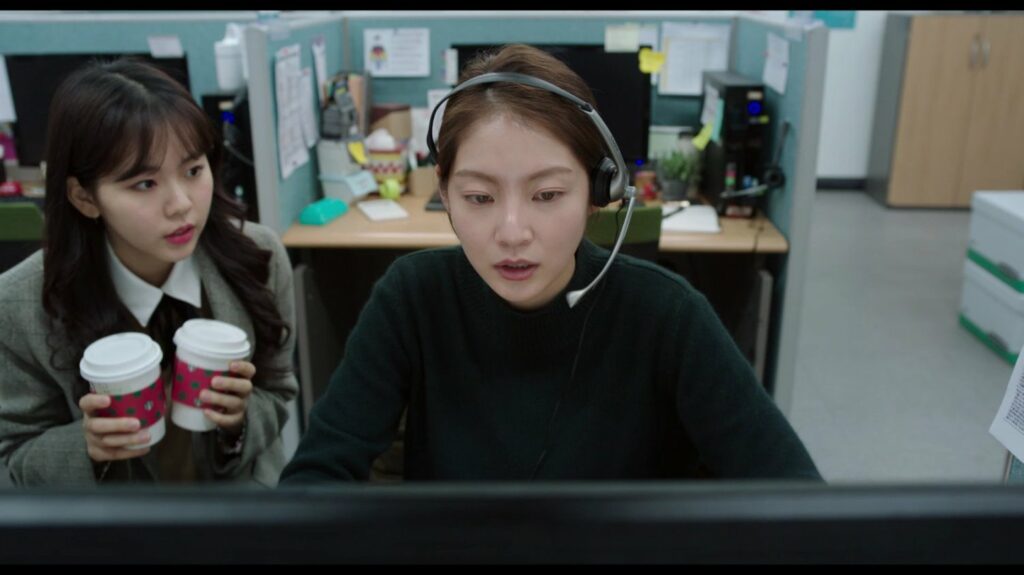
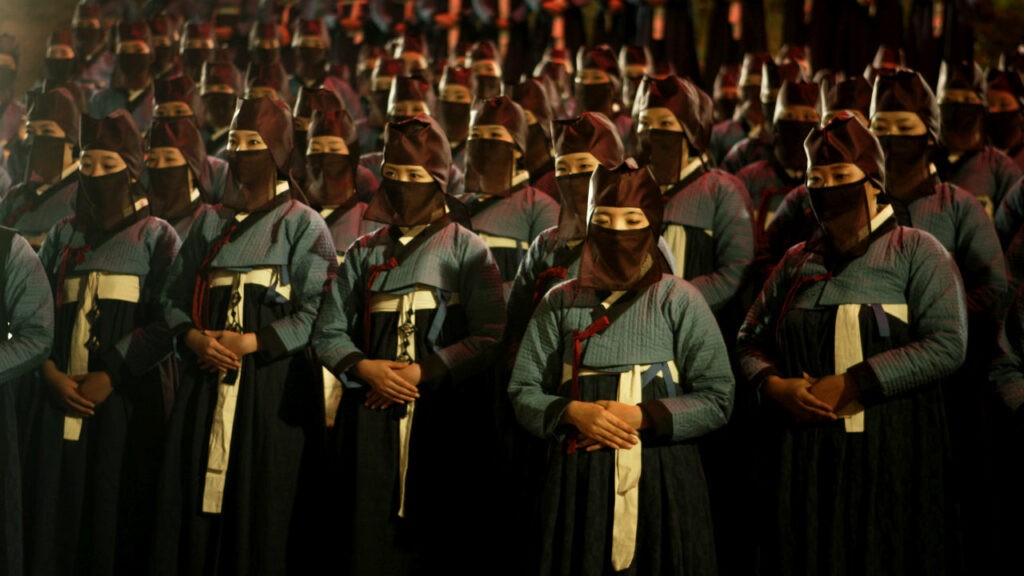
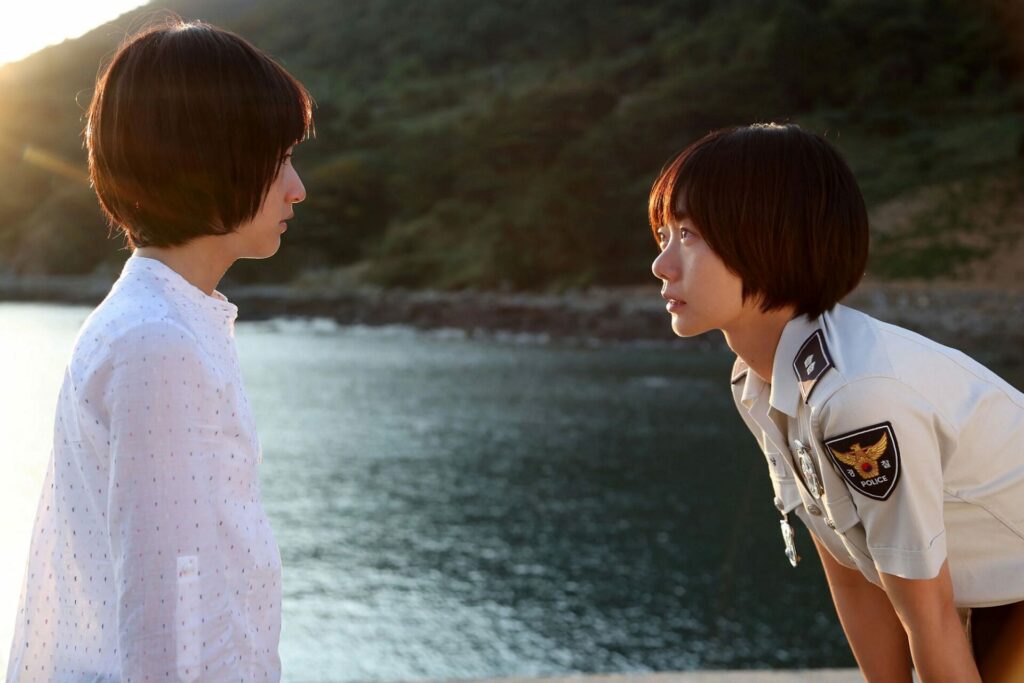
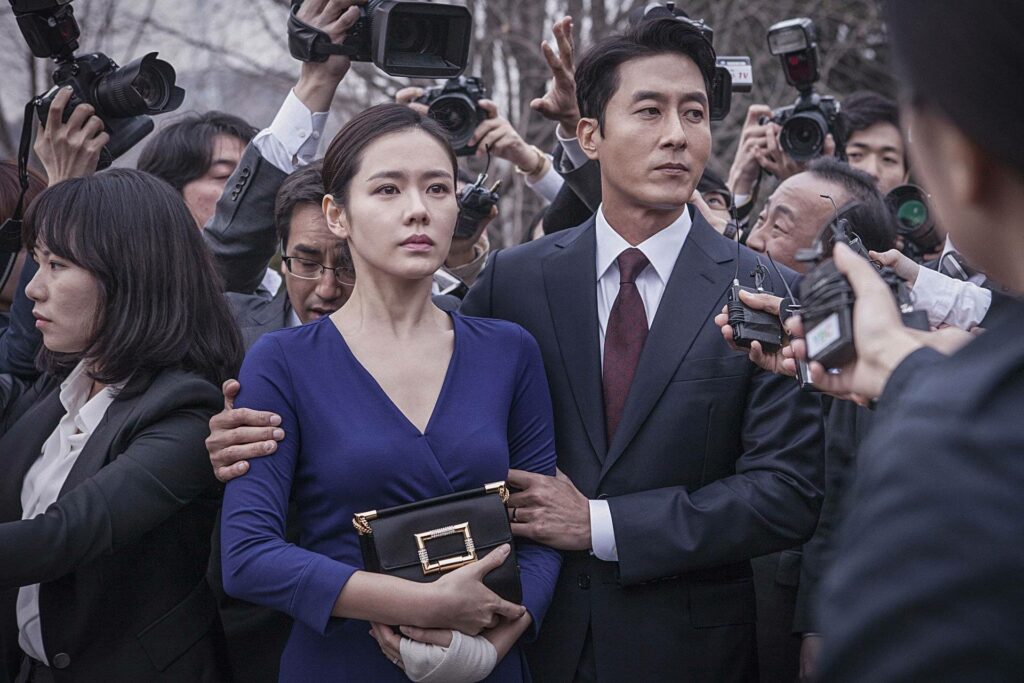
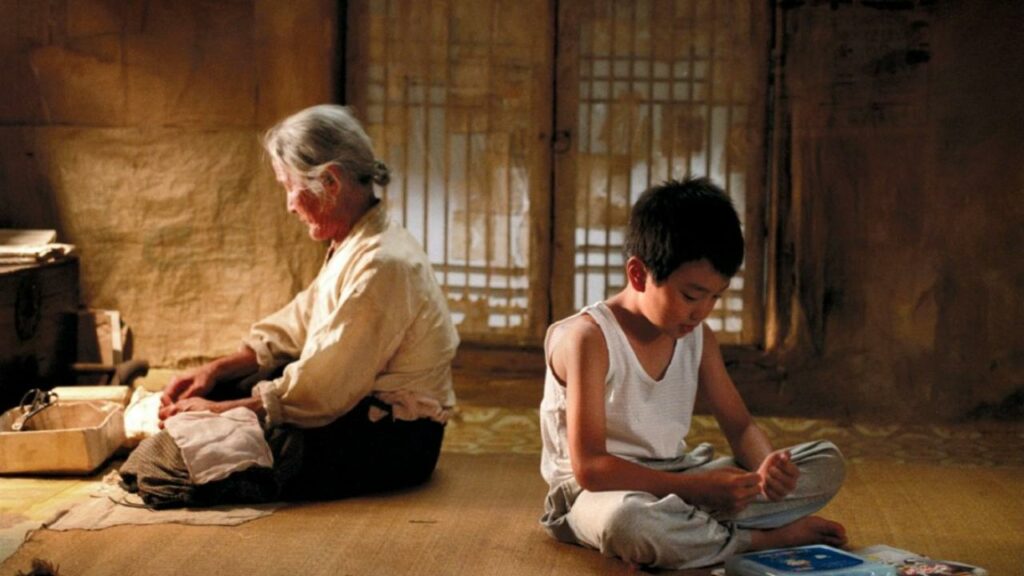
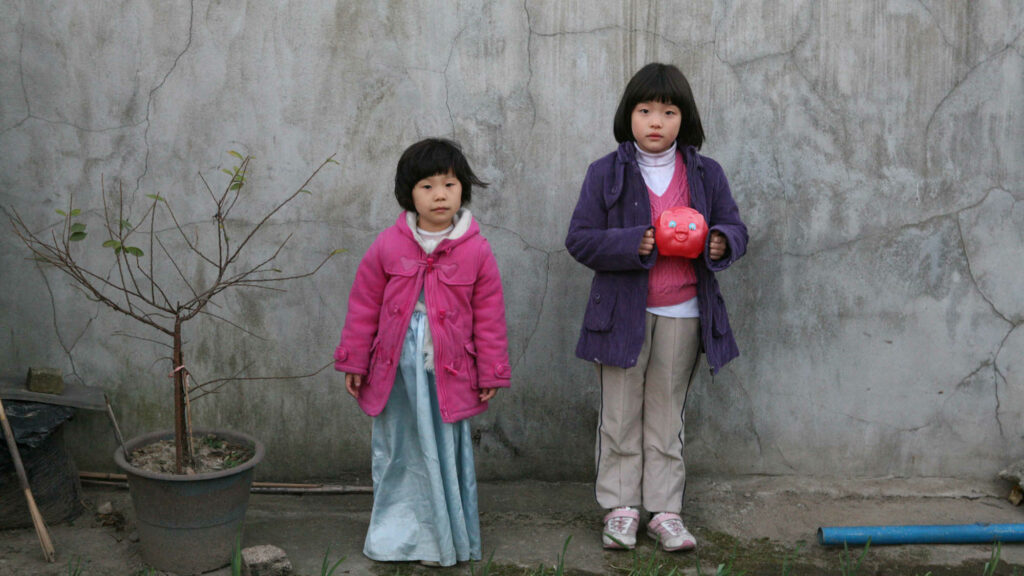
Fifteen great films by Korean women
- Paju (2009)
- Kim Ji-young, Born 1982 (2019)
- Past Lives (2023)
- Way Back Home (2013)
- The World of Us (2016)
- Helpless (2012)
- Snowy Road (2015)
- Miss Baek (2018)
- A Brand New Life (2009)
- Aloners (2021)
- Shadows in the Palace (2007)
- A Girl at My Door (2014)
- The Truth Beneath (2016)
- The Way Home (2002)
- Treeless Mountain (2008)
The numbers
I like numbers and stats. These images were taken on December 21. I’ll probably watch a few more before the year is over, but this is close enough.
First off a count-per-year and average rating. The latter seems kind of useless. This aligns with how I feel about Korean cinema as a whole. The baseline is pretty high. Films are almost always a solid 6-7 out of 10, with a few dips and spikes. That’s good news, because it means you can’t really go wrong.
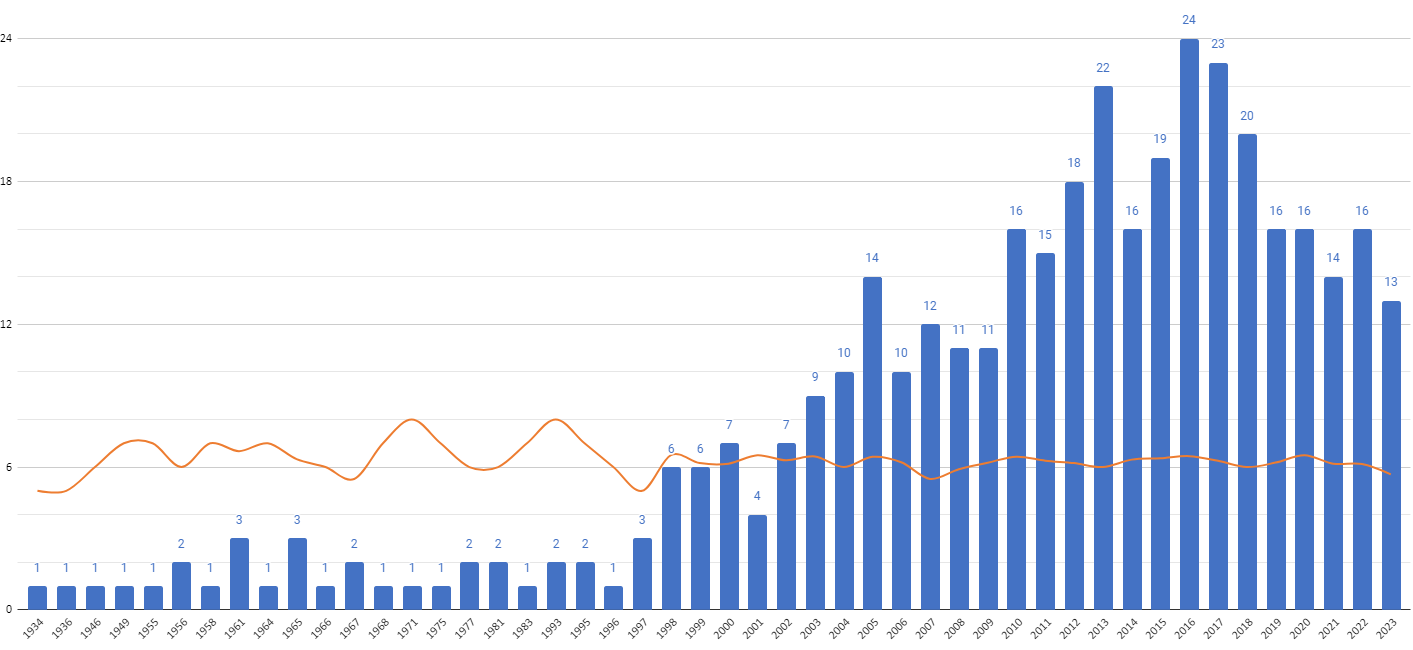
And finally a bunch of compiled stats. Some more useful and interesting than others, but if you have the data, why not keep track.
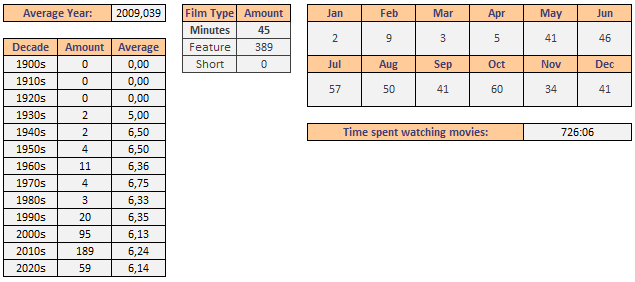
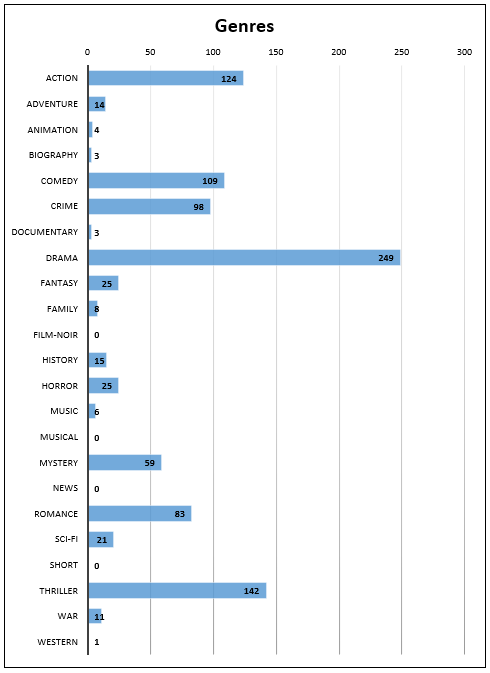
Fun Flickchart match-ups:
I really enjoy ranking all of the films that I have seen on a site called Flickchart. It gives you two films and simply asks you which one you prefer. You click it and get two new ones. Do this and eventually you will end up with a more or less ordered list of your favourite films. Every so often you get some funny match-ups. Either because they’re two completely incompatible films, think Barbenheimer, or because of their titles. I found quite a bunch of them while ranking the more obscure films I watched. Purely for entertainment purposes, here are some of them to wrap up this post:
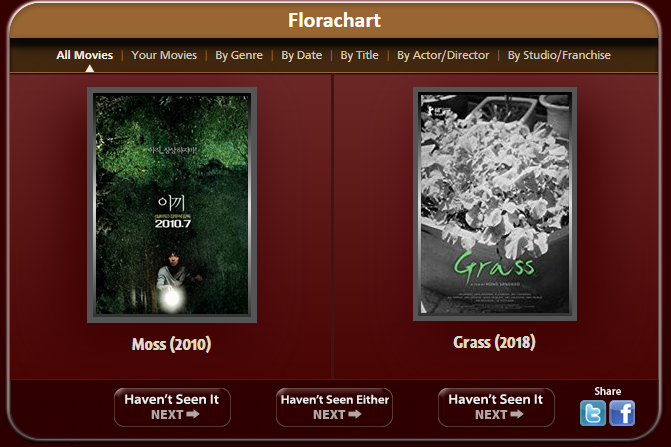
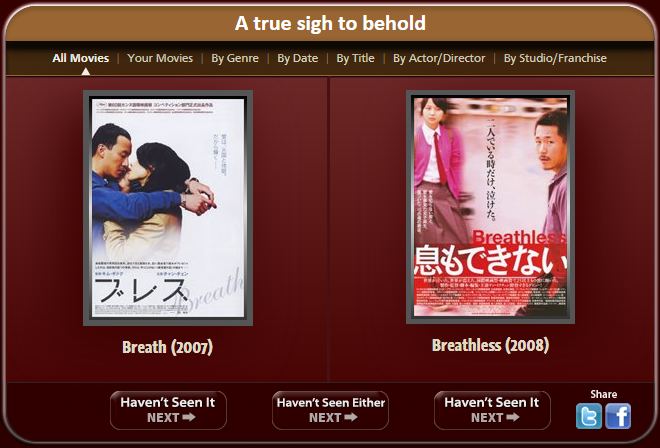
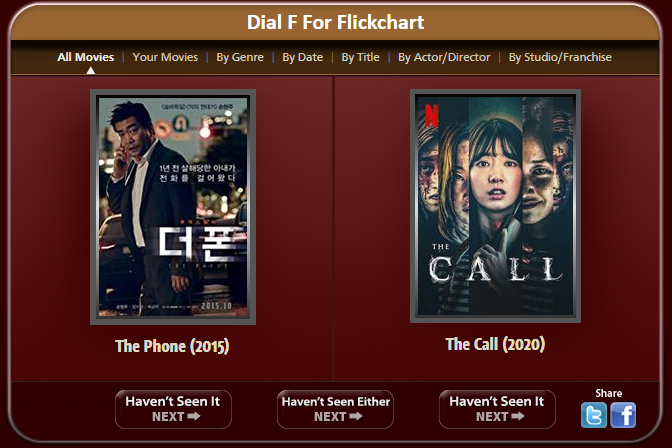
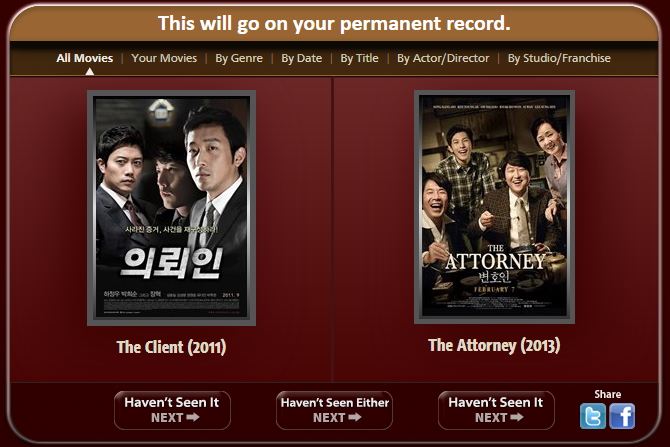
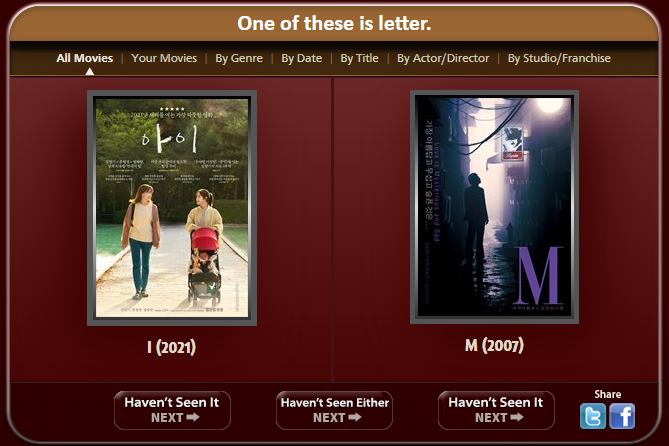
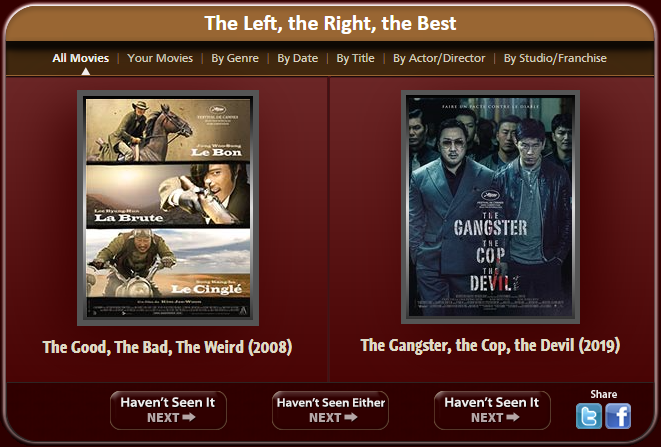
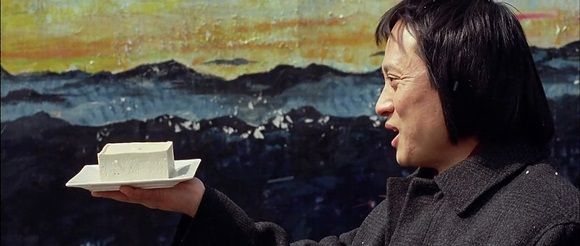

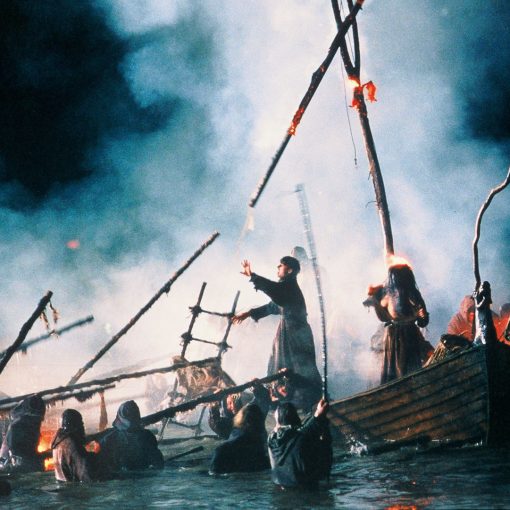
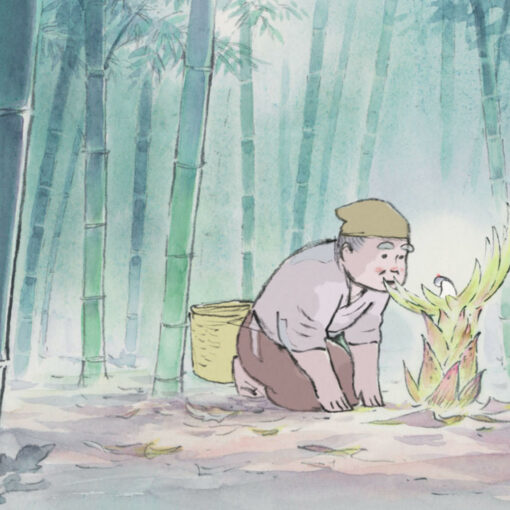
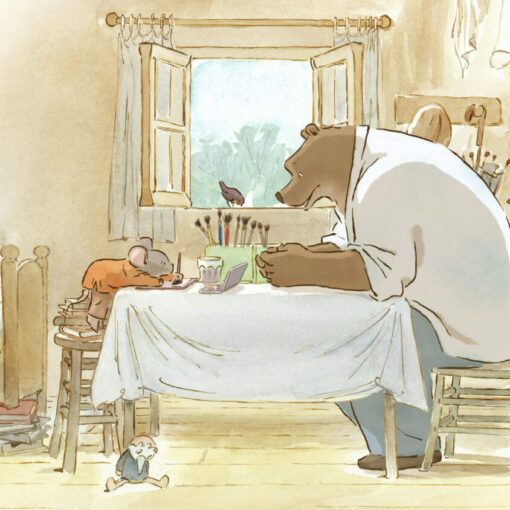
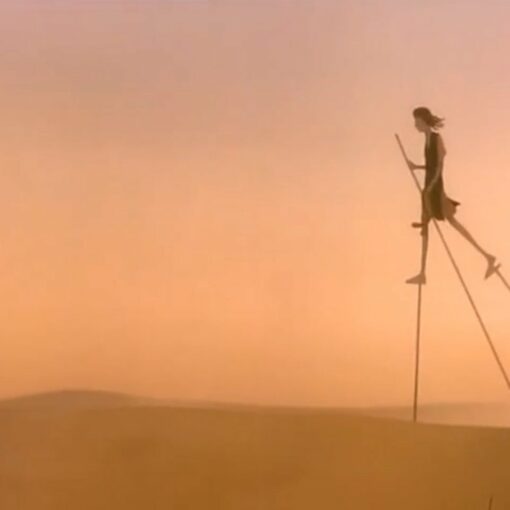
One thought on “One South Korean film a day”